 Abraham Lincoln
If given the truth, the people can be depended upon to meet any national crisis...
Abraham Lincoln
If given the truth, the people can be depended upon to meet any national crisis...
 Guildford news...
for Guildford people, brought to you by Guildford reporters - Guildford's own news service
Guildford news...
for Guildford people, brought to you by Guildford reporters - Guildford's own news service
Birdwatcher’s Diary No.178
Published on: 6 Jan, 2019
Updated on: 7 Jan, 2019
By Malcolm Fincham
As another year of birdwatching drew to a close, weather began to settle down as we approached Christmas. Temperatures continued to remain reasonably mild around the local Surrey Hills, restricted by shortening daylight hours and mostly overcast days. I had long given up on my yearly quest of seeing over 200 species of birds.
For me, however, it’s more about what I had seen during the past months, rather than what I hadn’t. As well as reflecting on some of the photos I have achieved, and the karma that being at one with nature has brought my way.
Just to hear a robin singing most evenings recently, after dark, by the street lights, in our otherwise quiet suburban cul-de-sac.
Fortunate to have a small flock of house sparrows occasionally visiting my garden often perching on the branches of my winter flowering cherry tree is a bonus.
A little further afield on my local patch at the Riverside Nature Reserve, near Burpham, a surprise sighting for me, for a few days during the first week of December, was a drake pochard. Having many year’s ago being a common sight there, it was just the second one seen this year!
The common pochard is a gregarious bird, and usually forms large flocks in winter, often mixed with other diving ducks, such as tufted ducks.
Tufted ducks are certainly the most common ducks that can be seen wintering on Stoke Lake.
And as many as three little grebes could be seen on the water on most visits.
In the sallows bordering the lake, along the main footpath, a very confiding juvenile grey heron could regularly be viewed, often allowing close-up photos.
Just to the other side of the path, in the now leafless, winter hedgerow, numerous small birds could be seen flitting around, looking for wee insects to feed upon.
Among them a small flock of long-tailed tits worked their way enthusiastically through the thicket of interwoven branches.
On several occasions a goldcrest could also be observed.
While in the flooded ditches beyond them, numerous wintering teal could be seen dabbling in the shallow water.
A walk along the towpath of the River Wey nearby on December 22 saw a regular sighting of a grey wagtail.
A little further down stream in the direction of Bower’s Lock, looking out toward Burpham Court Farm, with a reasonable pair of binoculars, a distant pool of flood water can be viewed. On it was a “raft” of mixed wildfowl, including wigeon, shoveller and teal.
In the sky above them circled a “deceit” of lapwings. Counting in excess of 40 birds.
A similar sighting of them on New Year’s Day noted an increase to more than 70 lapwings.
Across the meadow, to the rear of the Slyfield Industrial Estate, a common buzzard could be seen, mobbed by a crow.
Elsewhere, a few miles away on Broadstreet Common, a firecrest could be found, as it flitted around one of its favoured holly bushes.
On December 24, on a small lake at Greywaters in a quiet part of Bramley, just to the south of Guildford, I spotted two drake red crested pochards.
The breeding habitat of the red crested pochard are lowland marshes and lakes in southern Europe and southern and central Asia.
Although somewhat migratory in status, in the British Isles they are much confused due to the fact that there have been many escapes and deliberate releases over the years, as well as natural visitors from the continent.
Gregarious by their nature, they can occasionally be seen mixed with other diving ducks. However, it is most likely that these were escapees that are now breeding wild and have built up a successful feral population. “Plastic” or not, in the eyes of a fanatical bird enthusiast, for me, they are always a delight to see.
I ended the year with a small posse of friends on our annual trip to the Isle of Sheppey on the north Kent coast.
Apart from a change of scenery, it is a well known destination to “catch-up” with a variety of species that have rarely been seen in recent years around our local Surrey countryside.
It was also an opportunity of getting reasonably close pictures of a few species, by using the car as a mobile “hide” as we drove close by some of the wetland areas.
Lapwings were abundant, apparently having had a good breeding season there this past year.
A variety of other waders probed the soft soil and waterways by the roadside. These included numerous curlews.
A small gathering of greylag geese.
Looking around the edges of some of the nearby pools, we picked out at least six ruff. The males of this species are not only renown for their summer plumage, of which they get their name.
The ruff has three male forms, which differ in mating behaviour as well as appearance.
Some males have a white neck, which I’m guessing was the white winter plumaged one in the picture above? There is also the very rare cryptic individuals which have female-like plumage.
Among the starlings that surround the lapwing feeding in the grassy areas, I was also able to pick out a skylark, getting a picture of it with its crest up.
Occasionally a marsh harrier would fly through, scattering the waders in all directions.
Even a few of the curlews felt uneasy of their presence and would scatter along with the smaller birds.
Red-legged partridges are a common sight on the island, sometimes seen crossing the narrow roads, unperturbed by the traffic.
Though taking flight in panic when disturbed by humans.
Also winter visiting redwings.
As well as flocks of fieldfares.
And the “odd” stonechat perched up on show.
My most memorable sightings of the day, had to be corn buntings; in a flock of well over 30 observed. Sadly a bird no longer seen in the Surrey countryside, due to changes in farming methods.
I was also able to record a photo of a ring-tail hen harrier, my first of the year!
Although quite distant to view, my personal birds of the day were a flock of well over 100 Russian white-fronted geese.
Although not the first I’ve ever seen, despite being distant, they were the first I’ve been able to add to my photo library.

Click on cartoon for Dragon story: Public Asked for Views on SCC’s Proposal for Reduced Speed Limits




Recent Articles
- Crop Fire Destroys Wheat Field on the Slopes of the Hog’s Back Near Guildford
- Thames Water Announce Hosepipe Ban – But Not for Guildford
- Letter: Normandy Proposal Needs A Proper Services Audit
- Notice: Free Bereavement Support Programme
- Normandy Housing Plan Reignites Concerns Over ‘Damage To Our Community’
- Letter: The Class of 1955 Meets 70 Years On.
- Highways Bulletin: Reimagining Parking with Green Design
- Opinion: Never Have We Needed the Benefits of the Natural World More
- SCC Calls on the Government To Protect the Environment
- Two-Week Road Closure on Portsmouth Road for Gas Network Upgrade


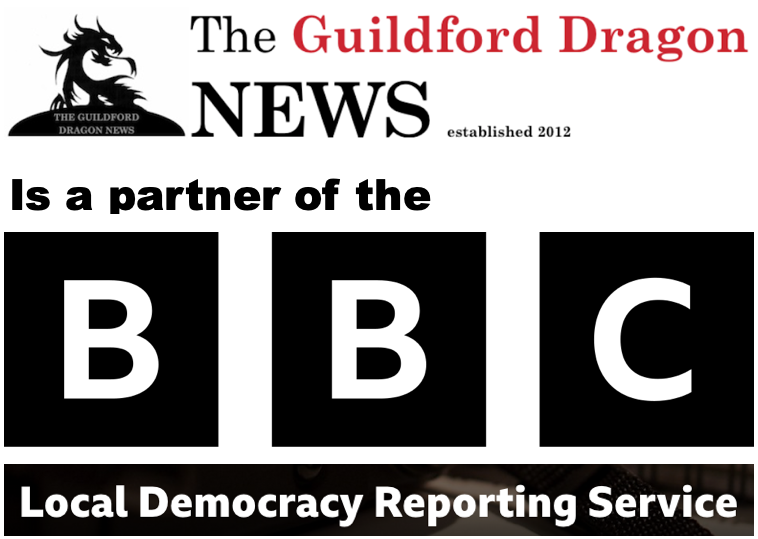
Search in Site
Media Gallery
Dragon Interview: Local Artist Leaves Her Mark At One of England’s Most Historic Buildings
January 21, 2023 / No Comment / Read MoreDragon Interview: Lib Dem Planning Chair: ‘Current Policy Doesn’t Work for Local People’
January 19, 2023 / No Comment / Read MoreA3 Tunnel in Guildford ‘Necessary’ for New Homes, Says Guildford’s MP
January 10, 2023 / No Comment / Read More‘Madness’ for London Road Scheme to Go Ahead Against ‘Huge Opposition’, Says SCC Leader
January 6, 2023 / No Comment / Read MoreCouncillor’s Son Starts Campaign for More Consultation on North Street Plan
December 30, 2022 / No Comment / Read MoreCounty Council Climbs Down Over London Road Works – Further ‘Engagement’ Period Announced
December 14, 2022 / No Comment / Read MoreDragon Interview: GBC Reaction to the Government’s Expected Decision to Relax Housing Targets
December 7, 2022 / No Comment / Read MoreHow Can Our Town Centre Businesses Recover? Watch the Shop Front Debate
May 18, 2020 / No Comment / Read More



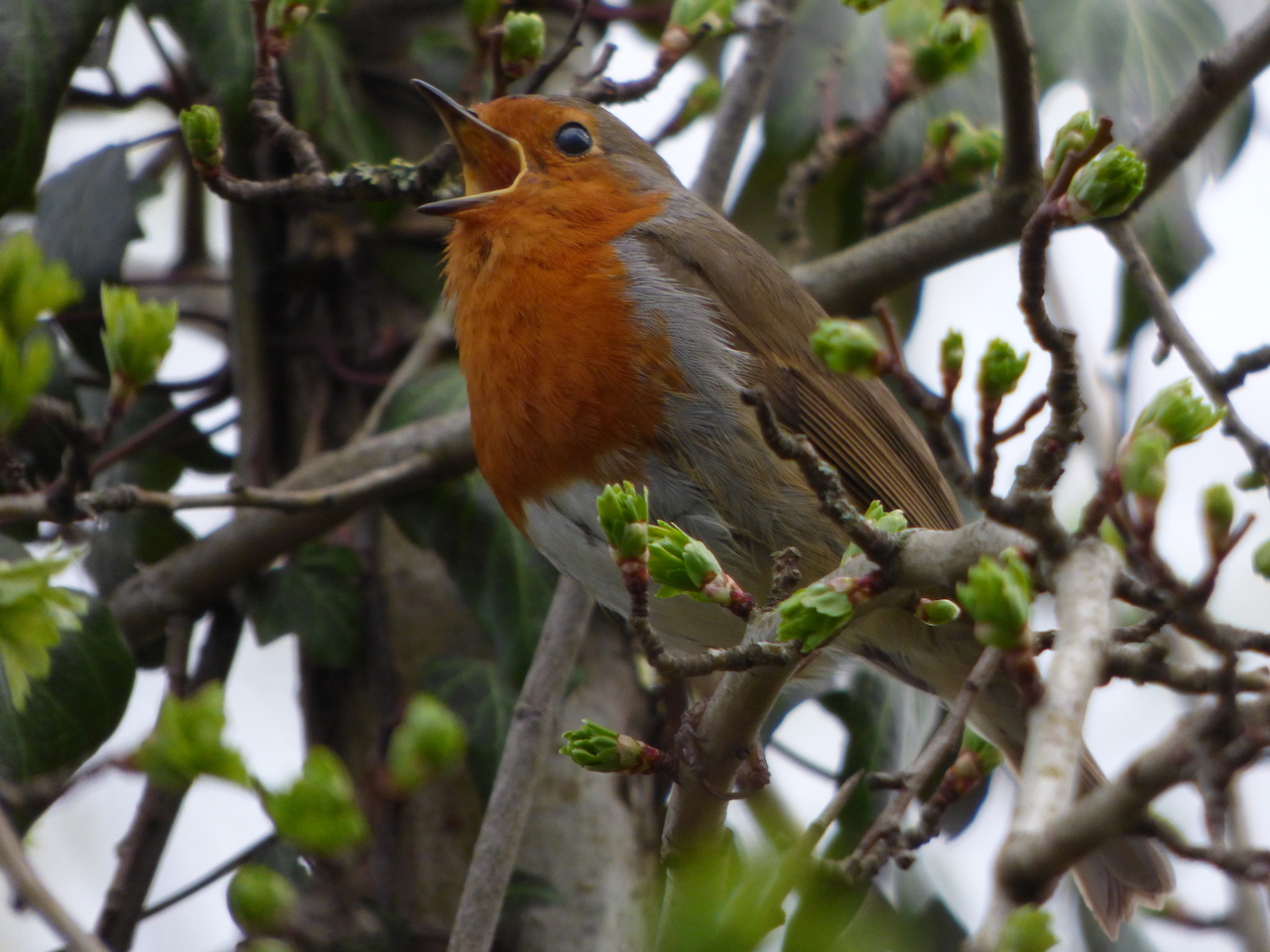
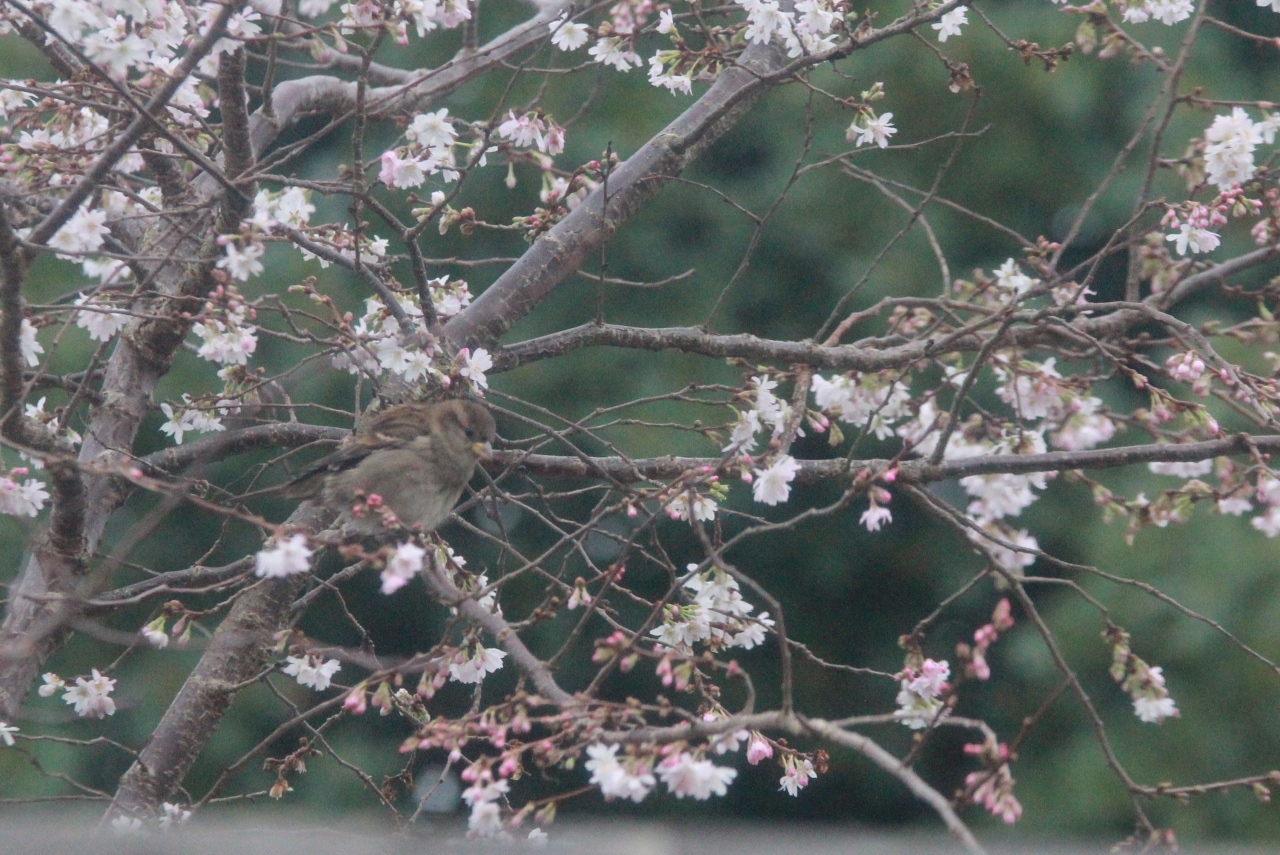
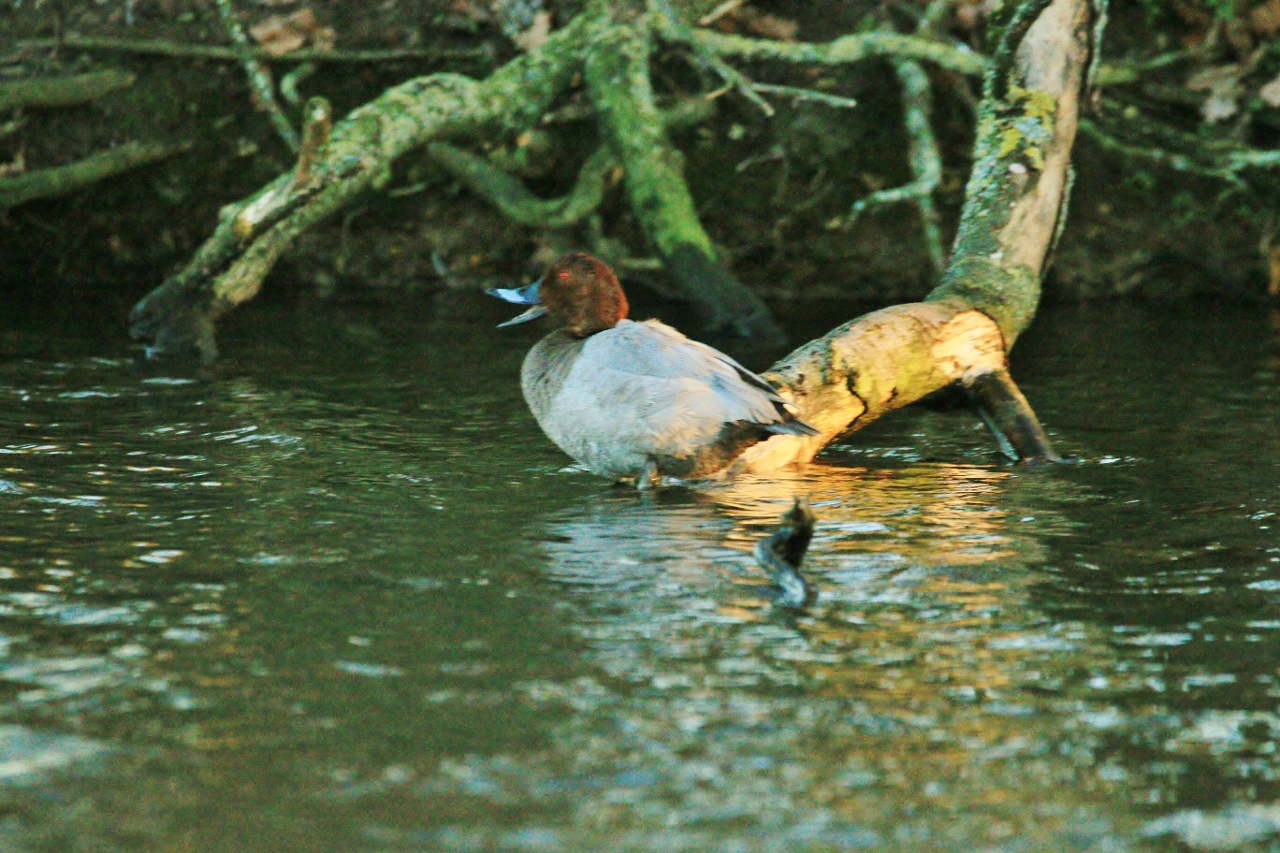
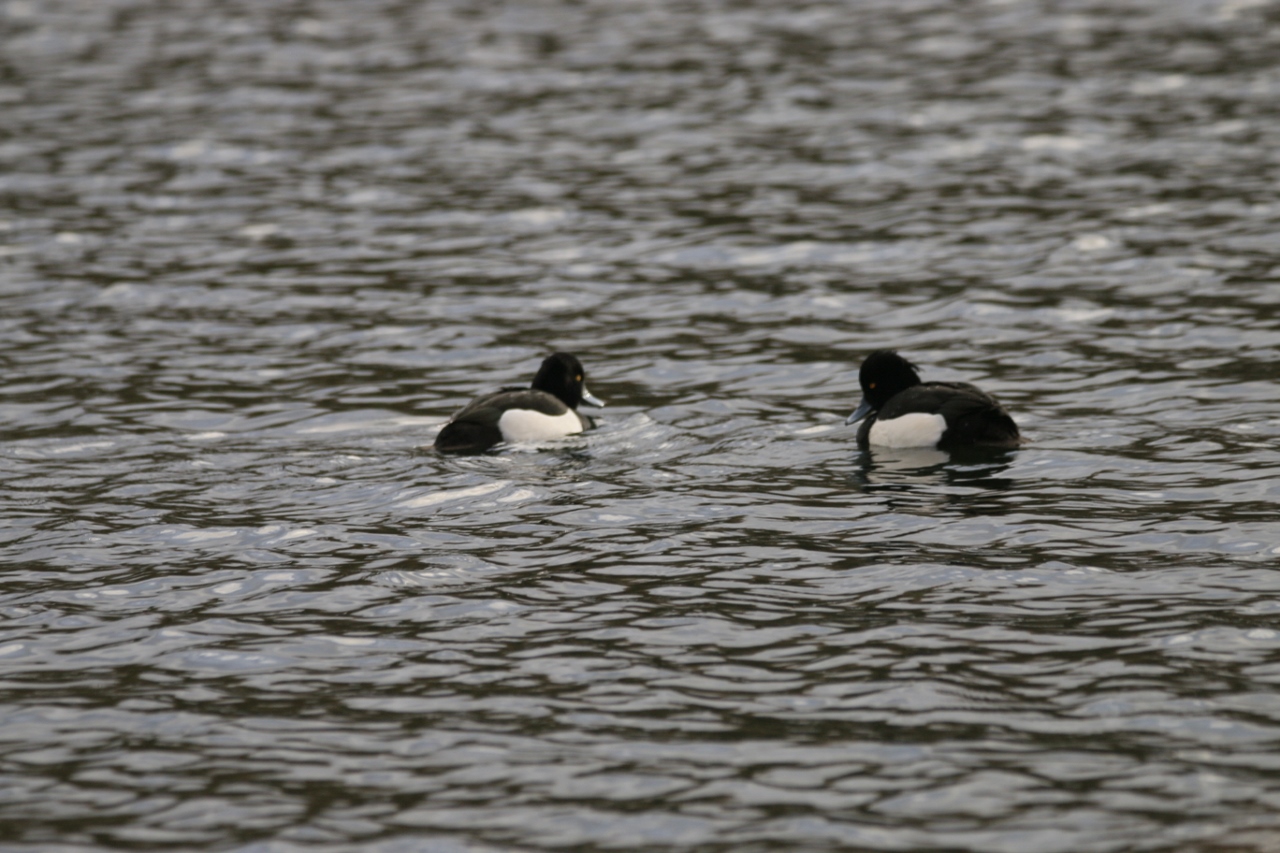
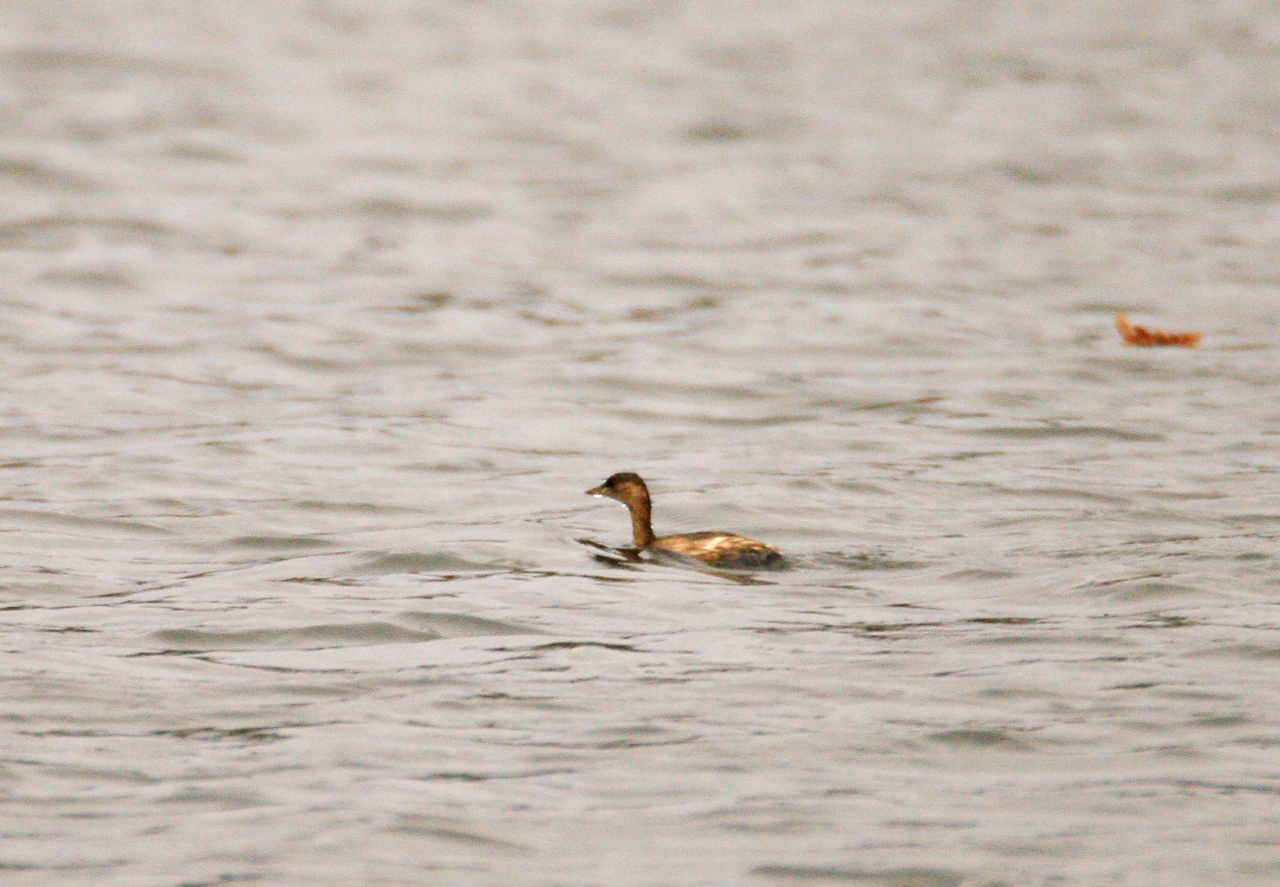
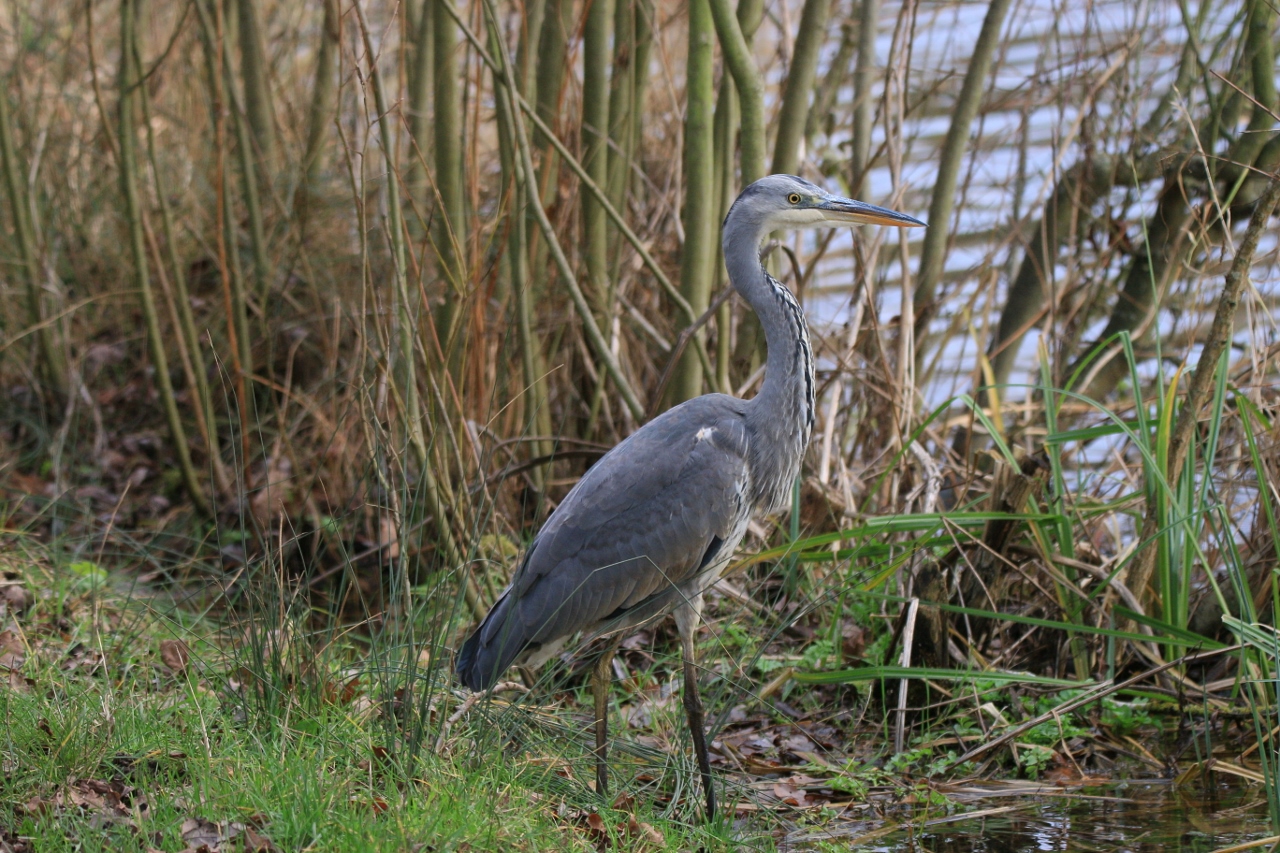
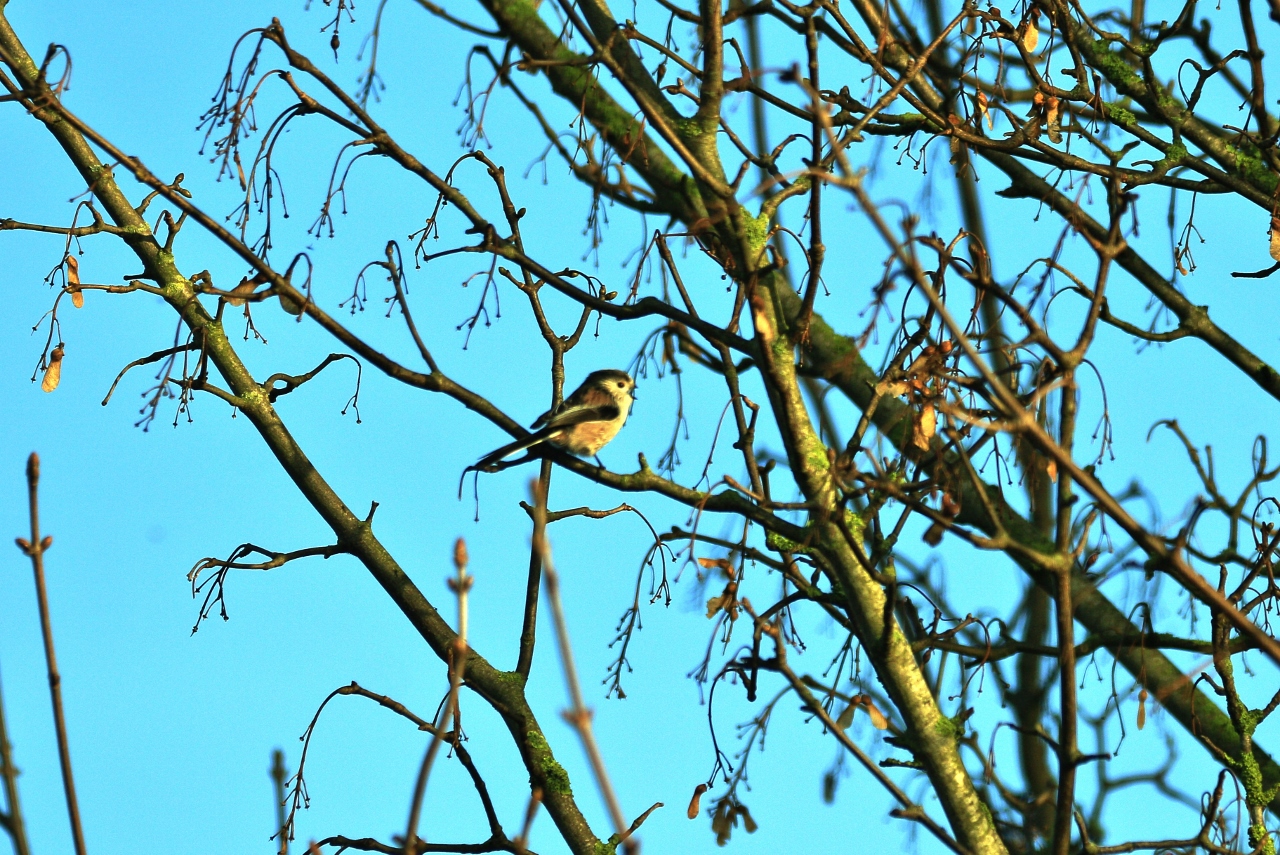
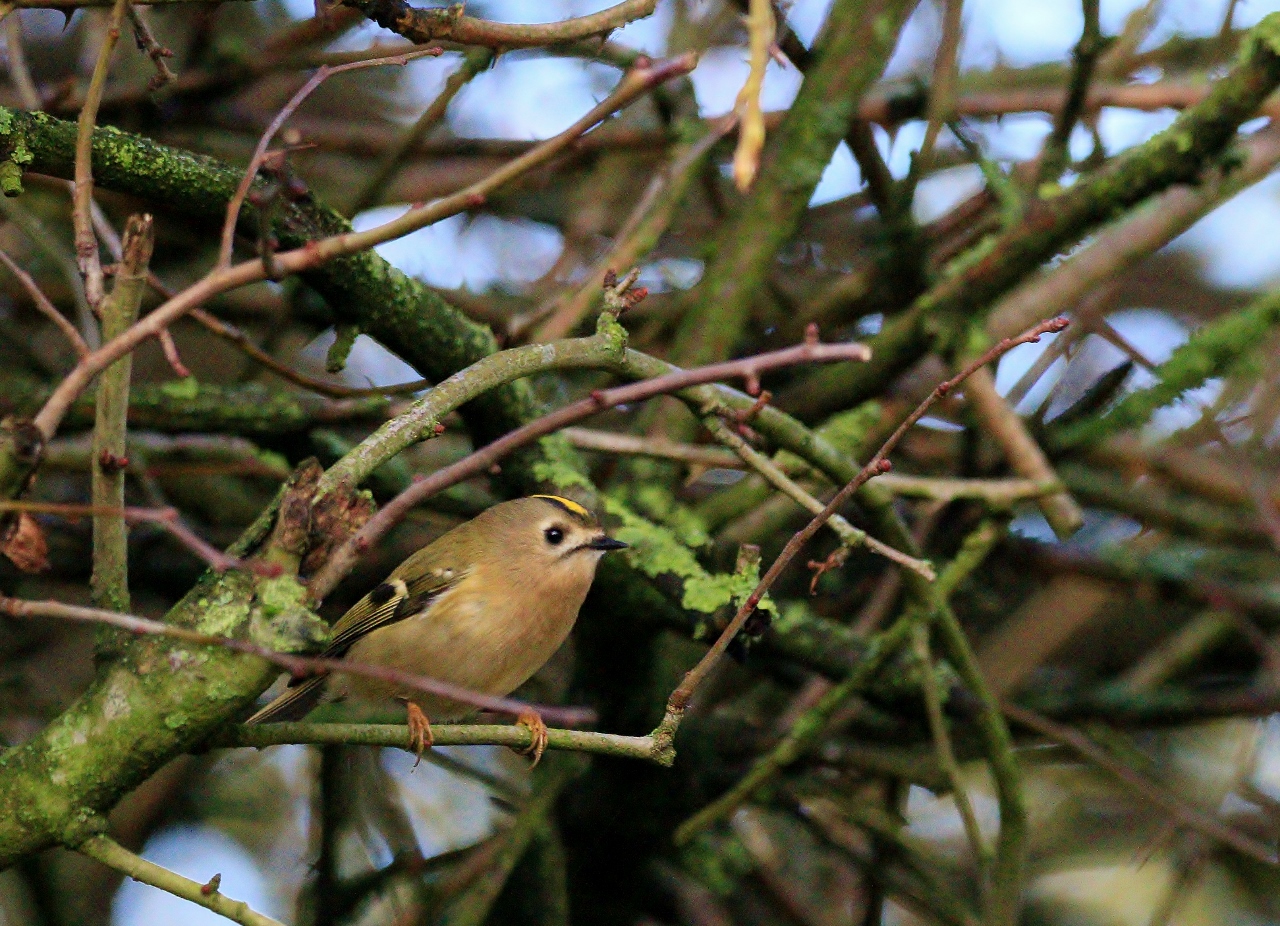
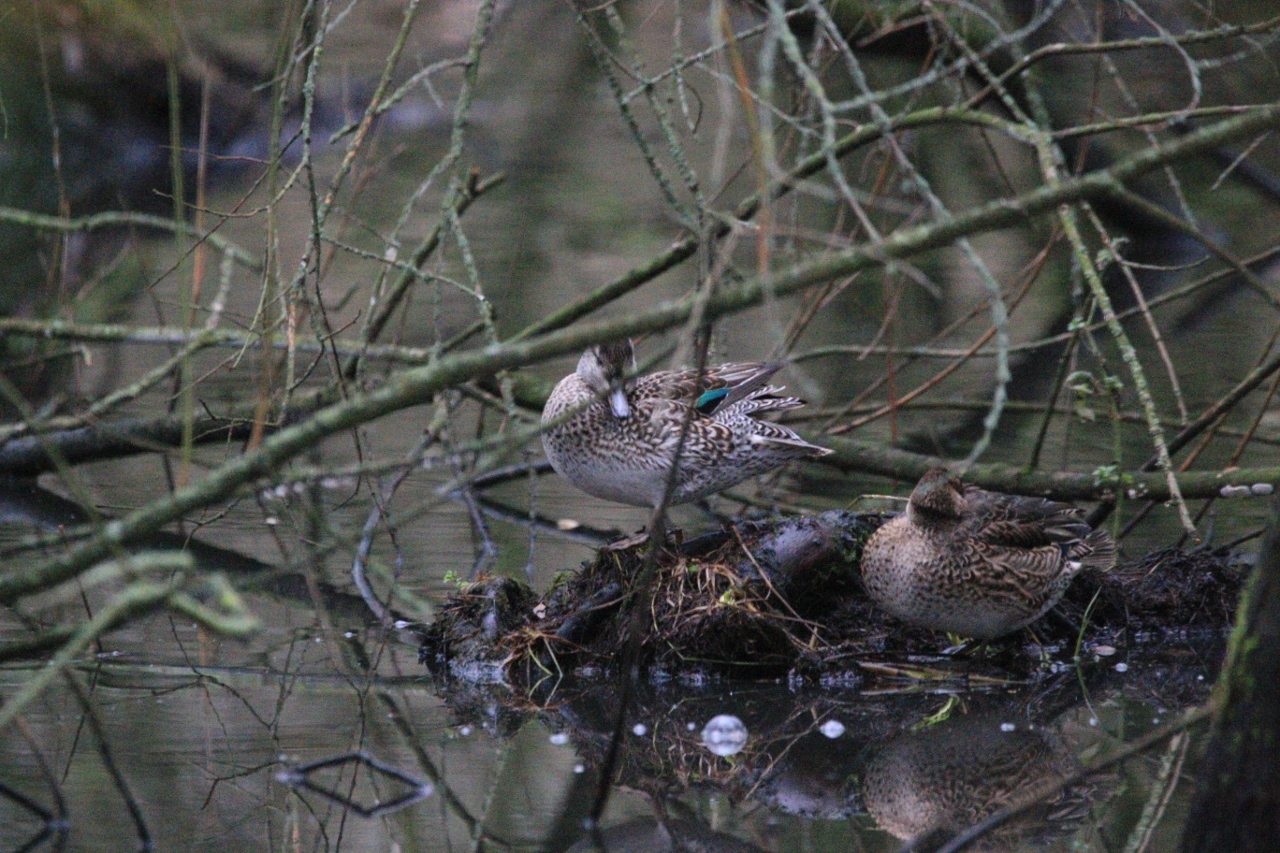
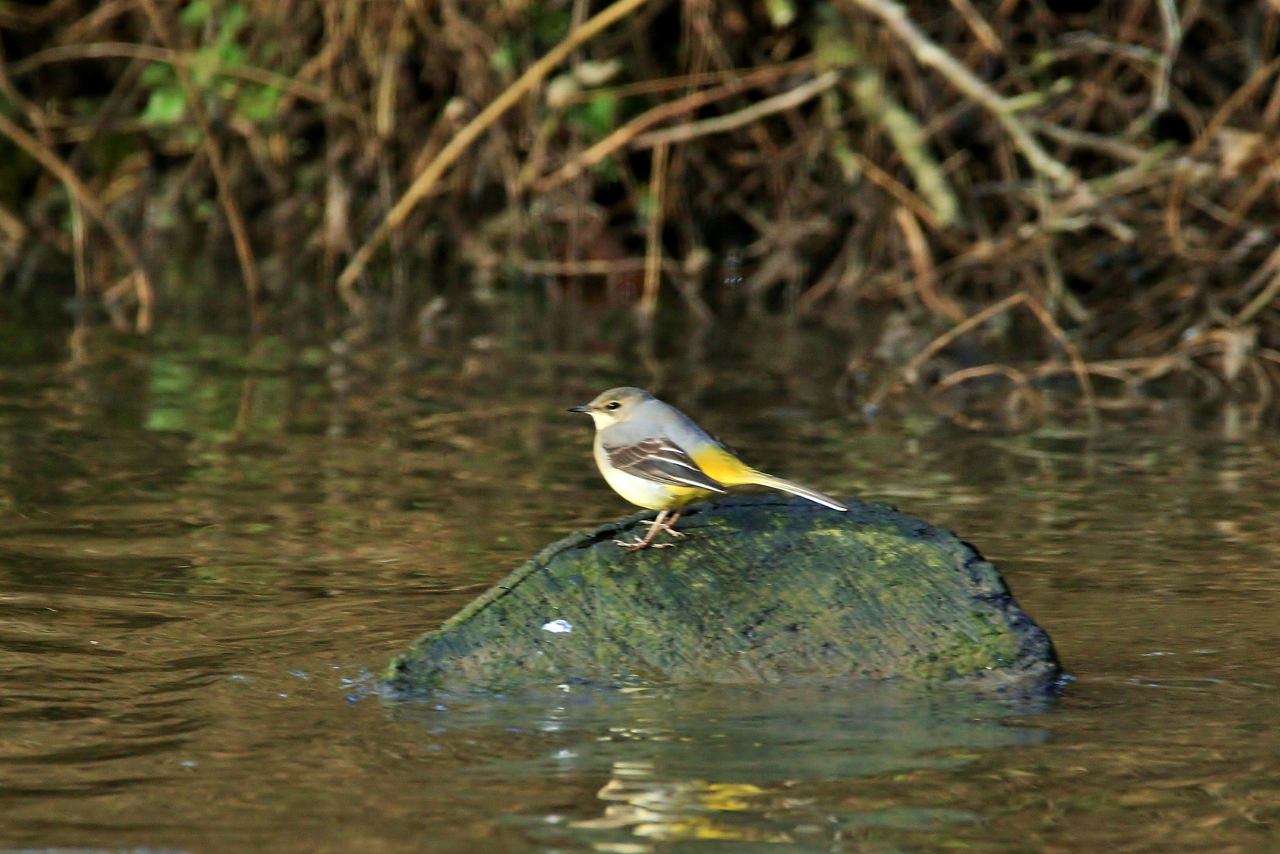
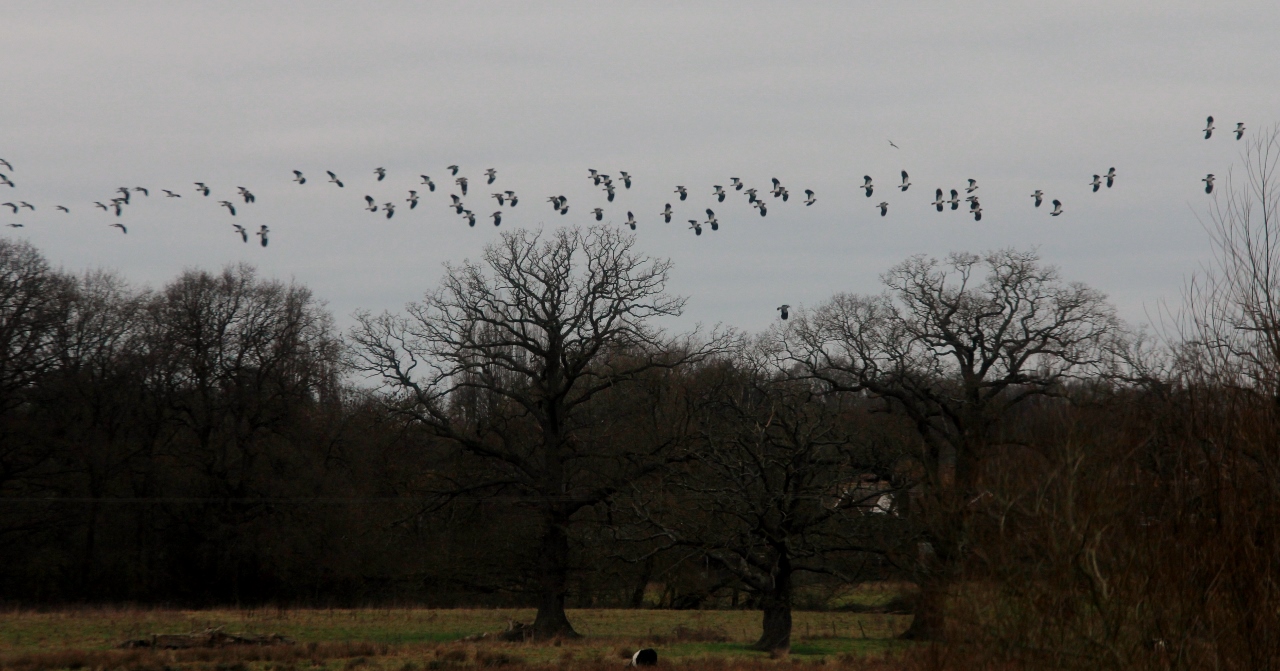
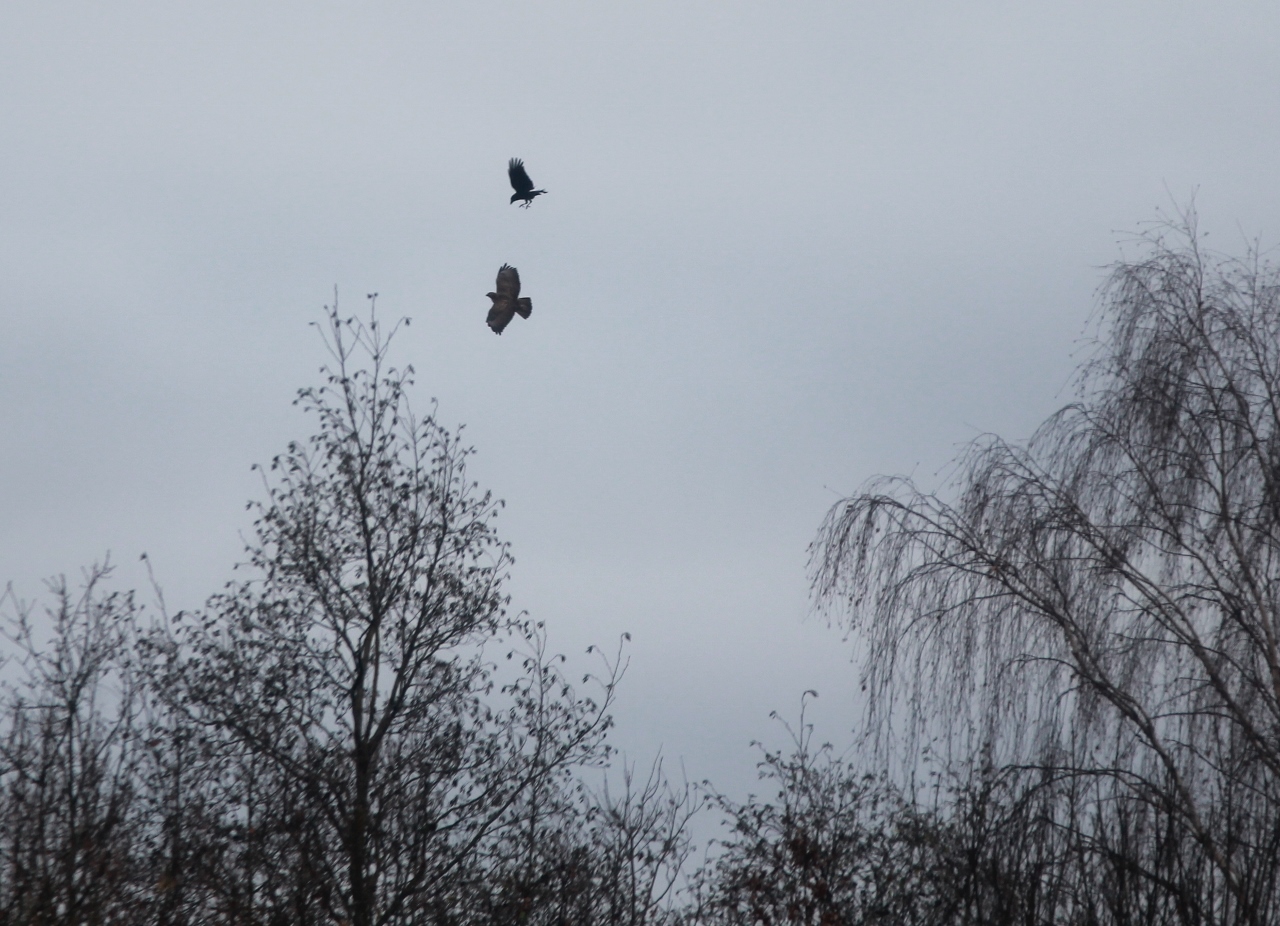
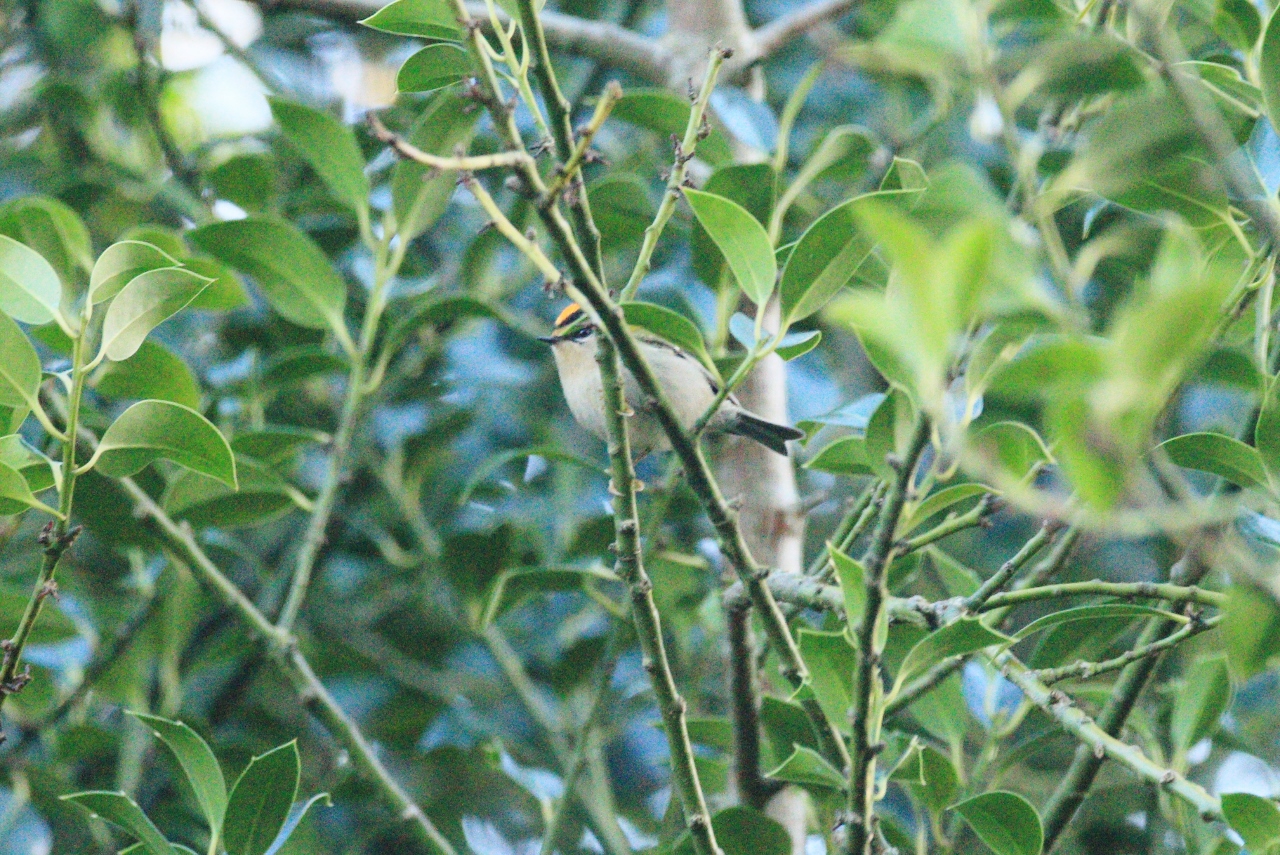
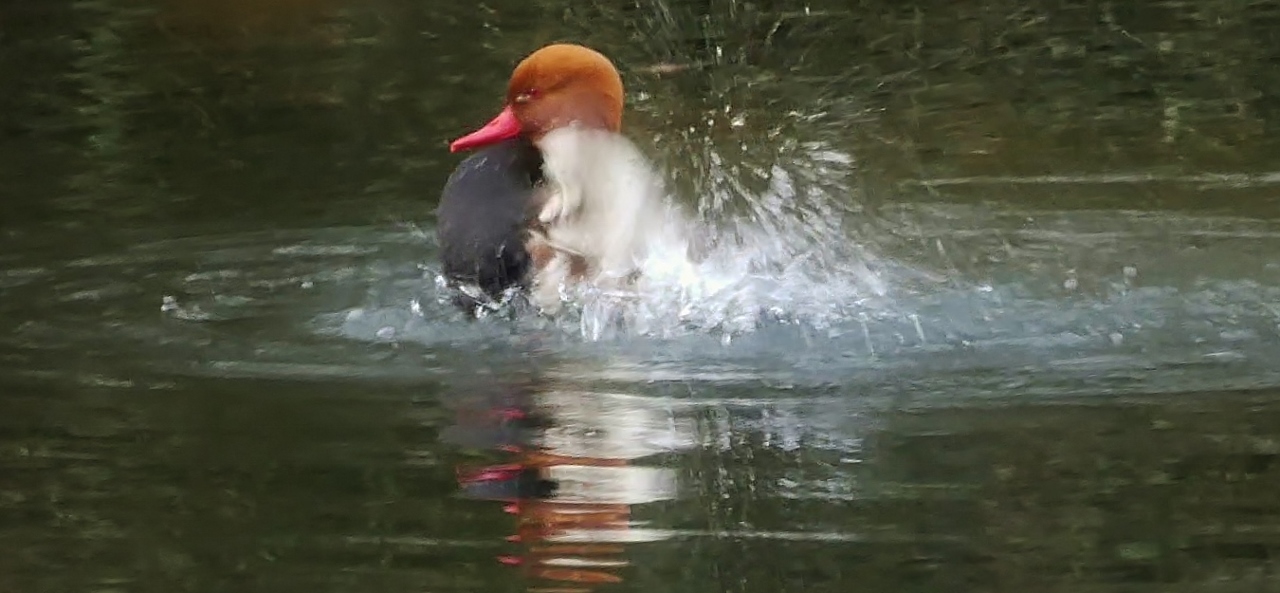
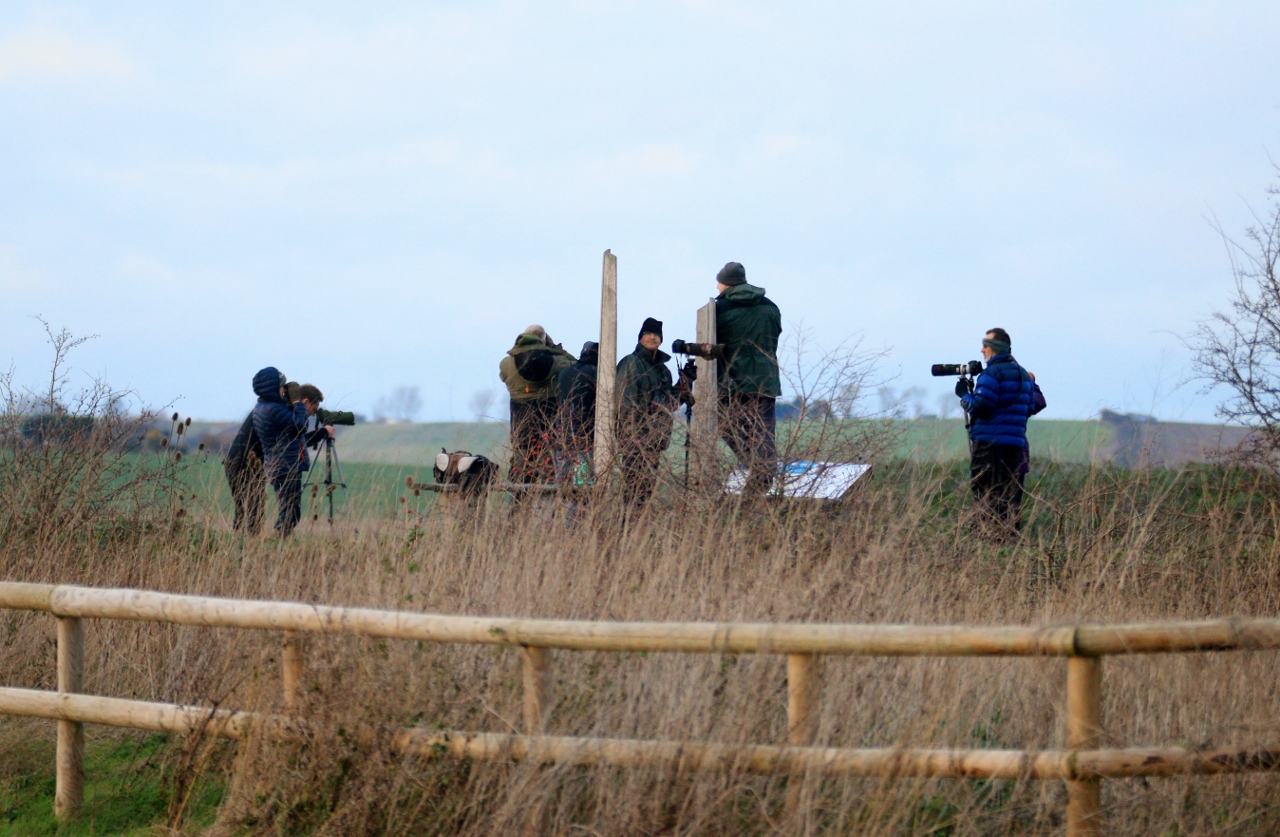
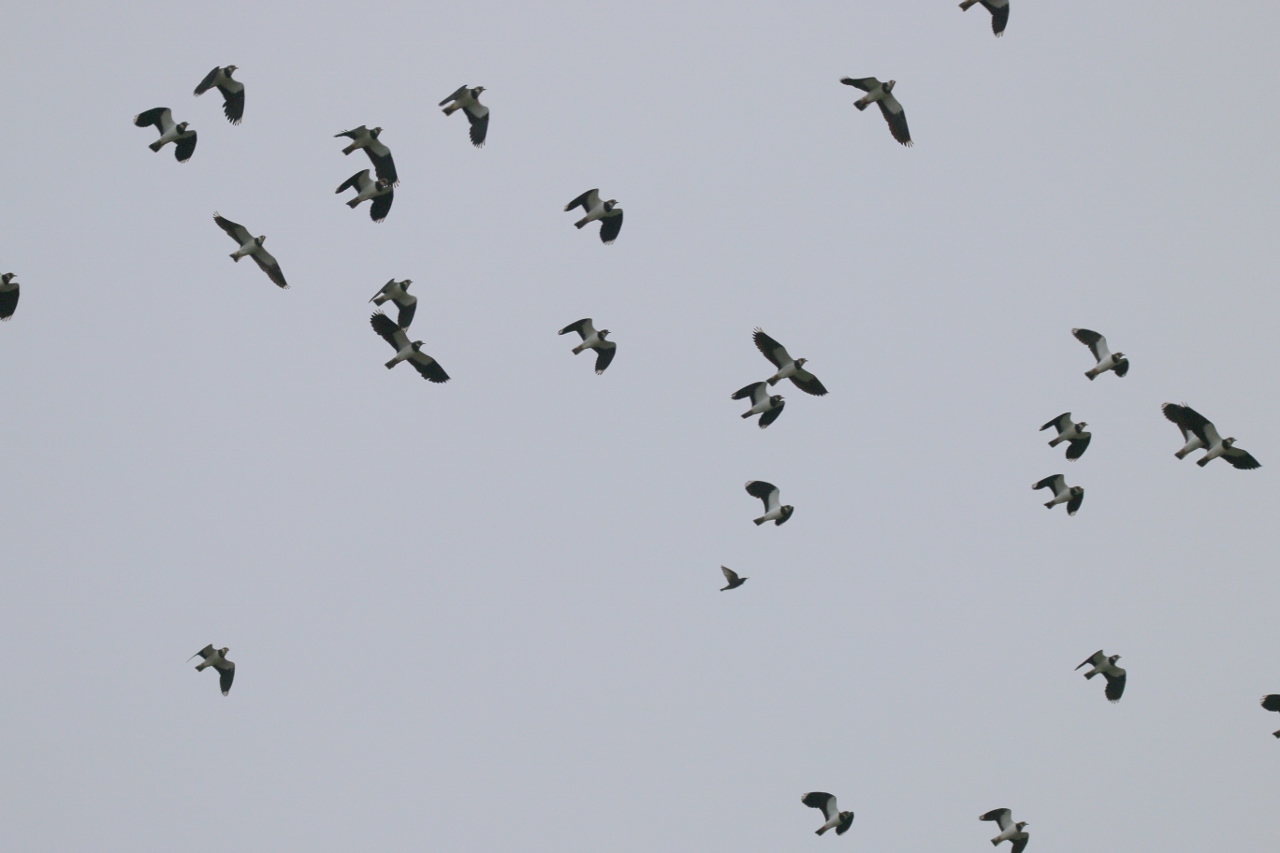
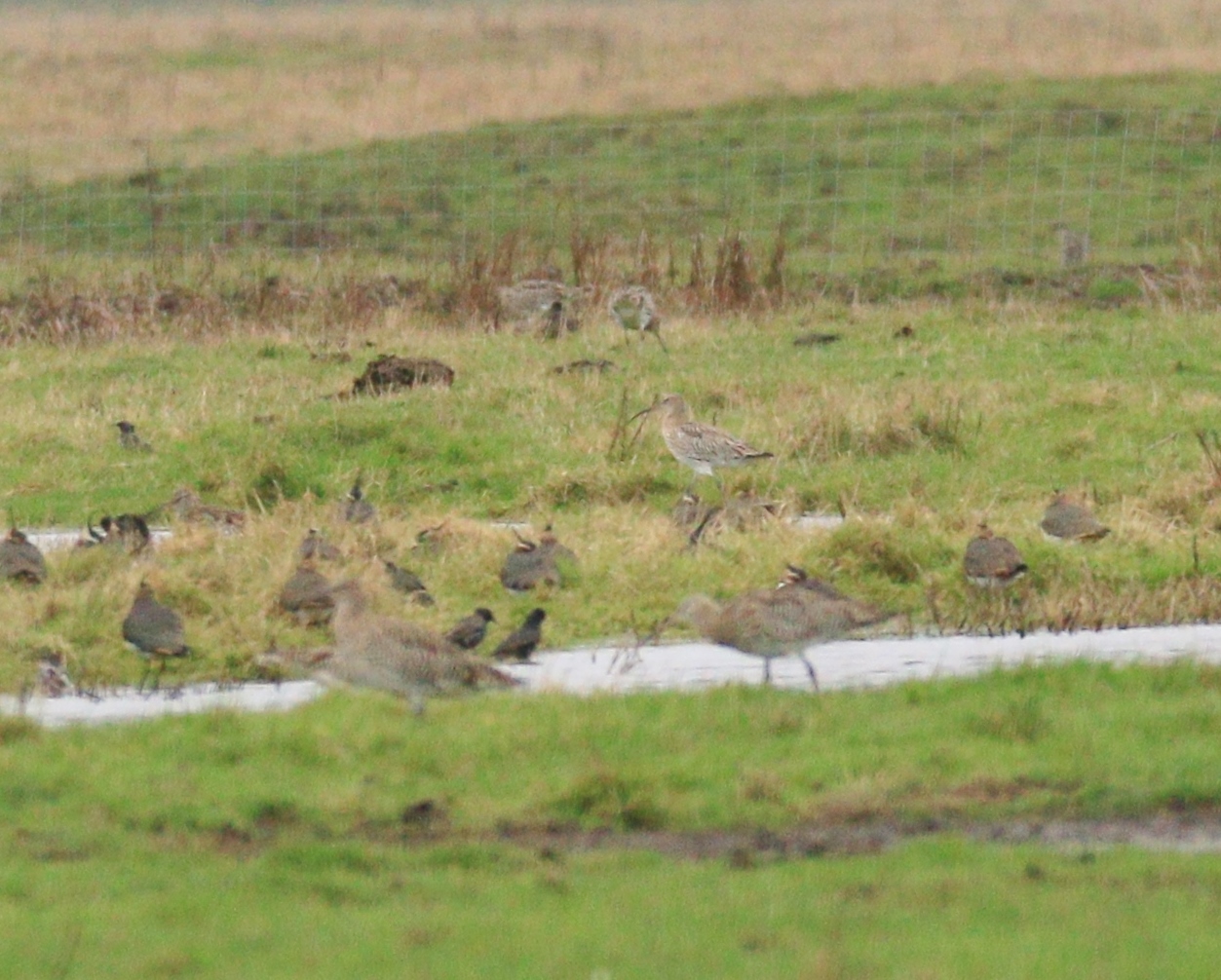
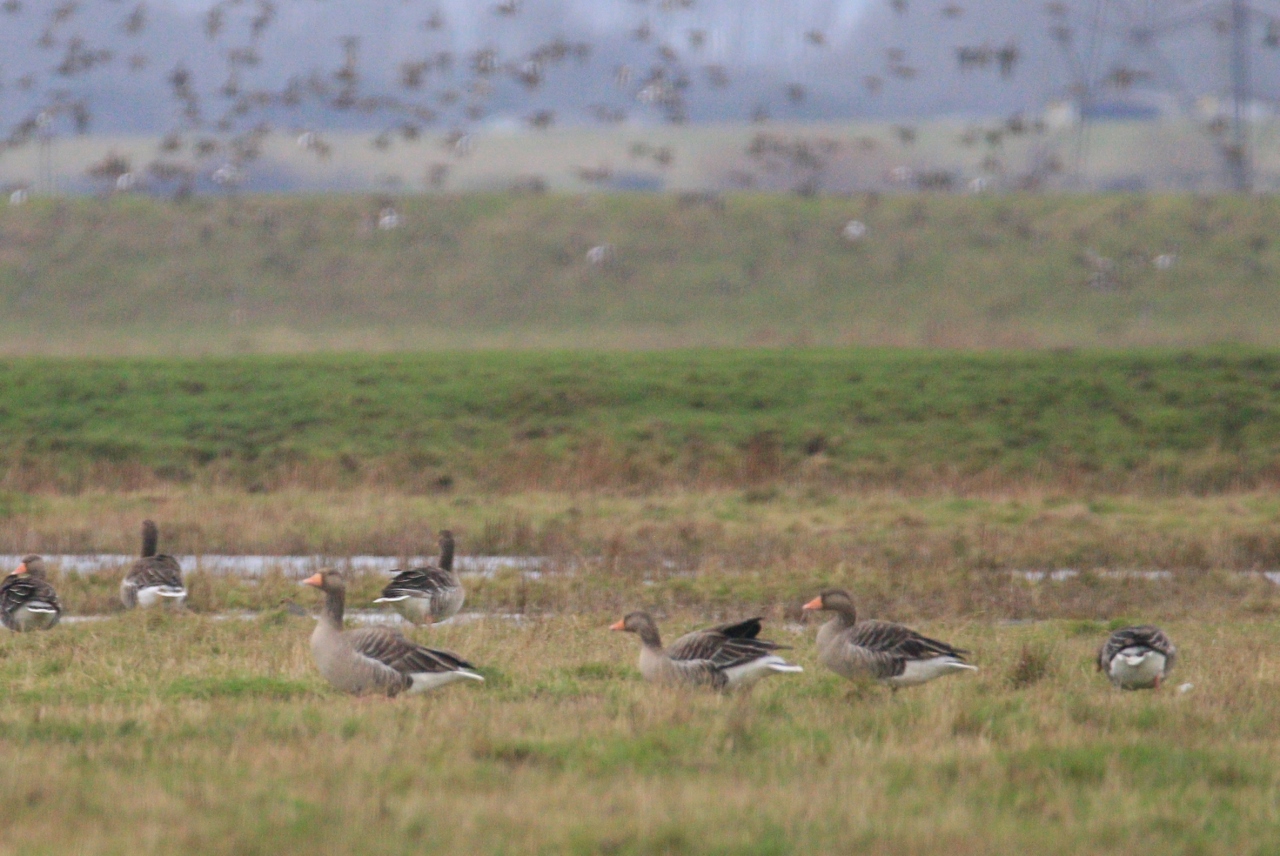
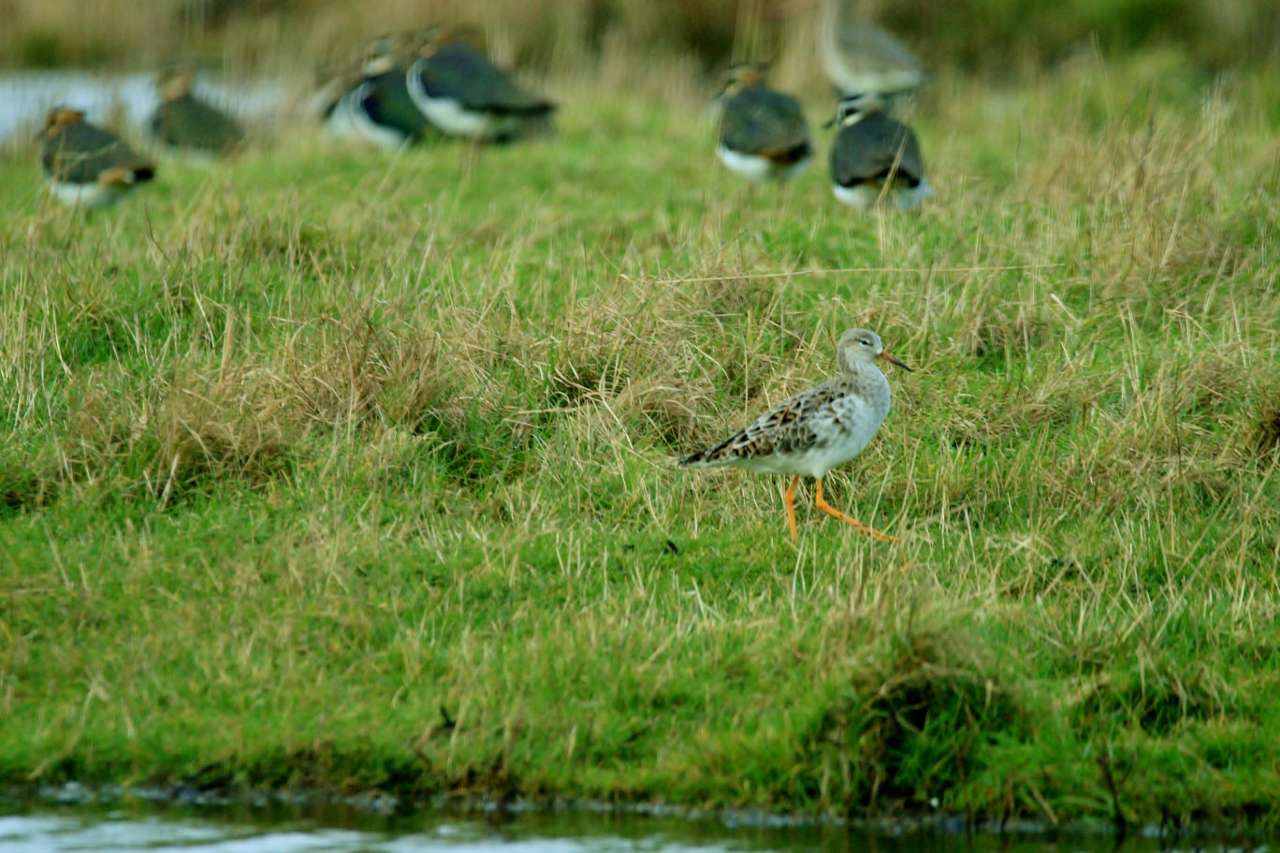
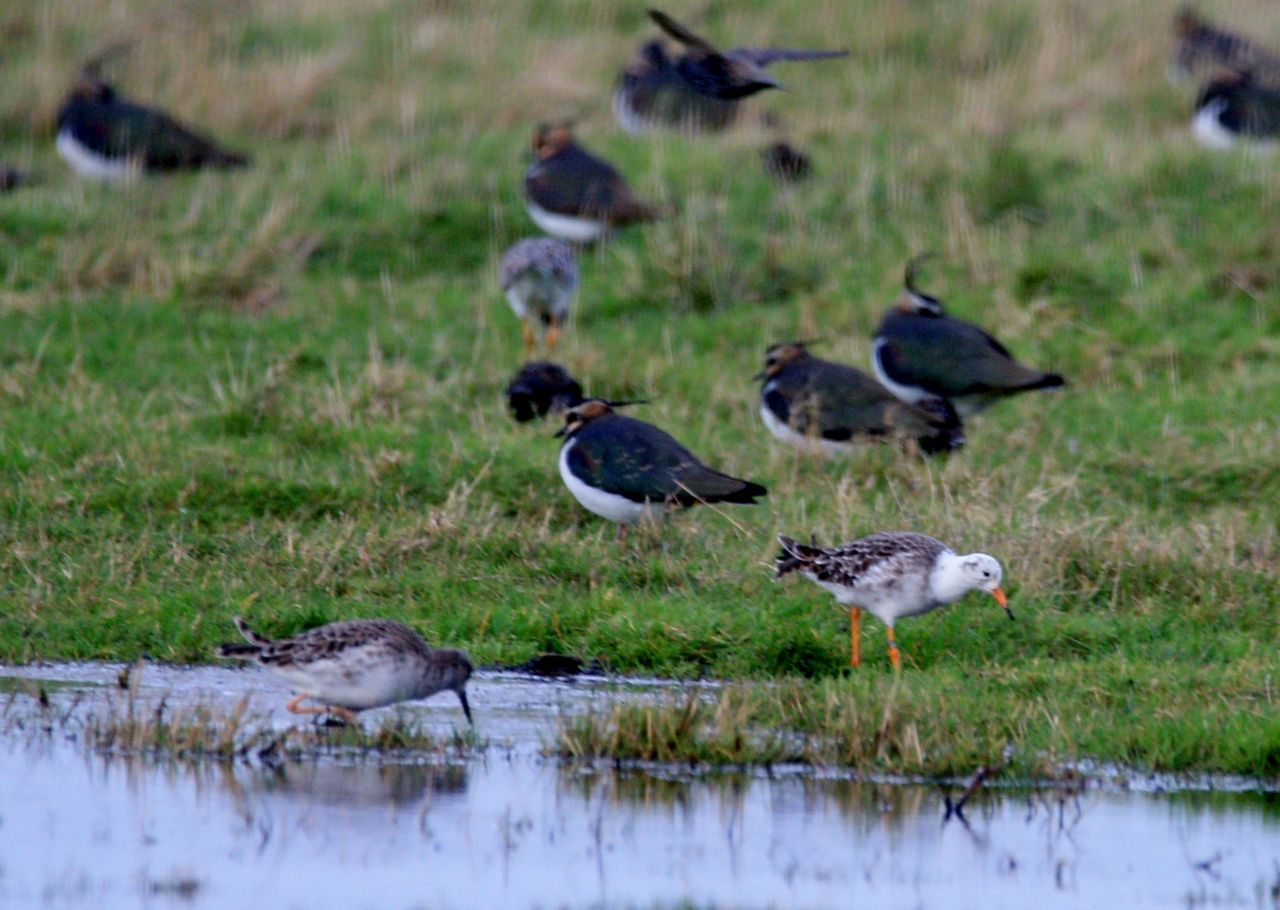
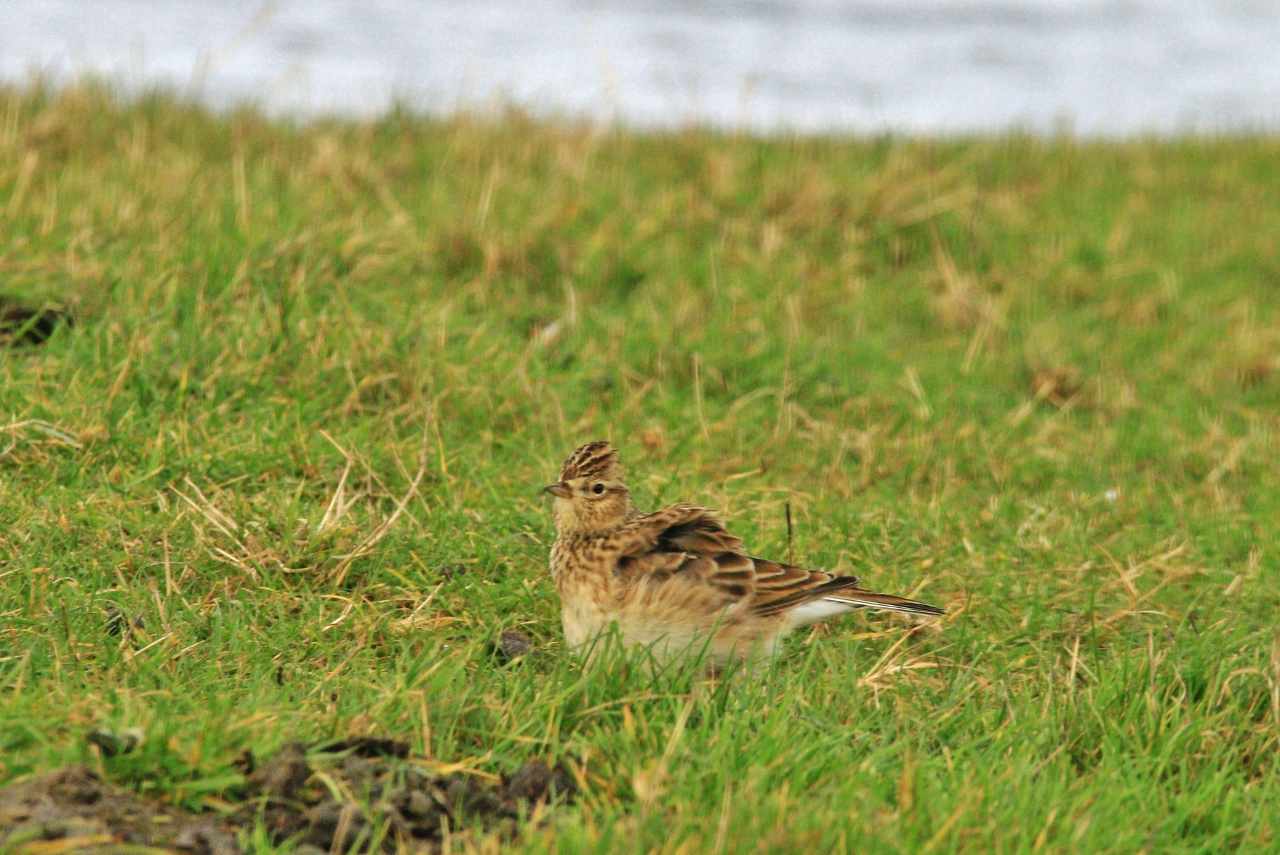
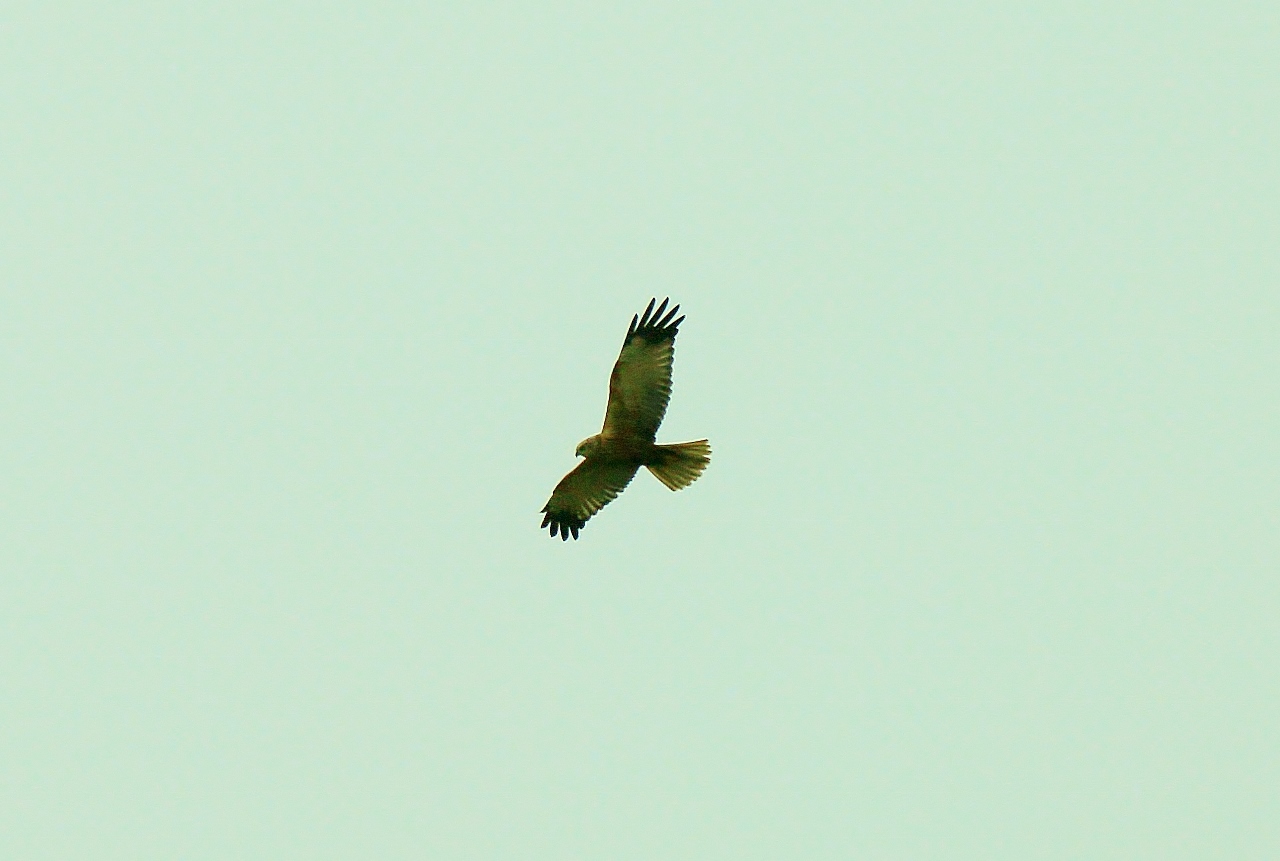
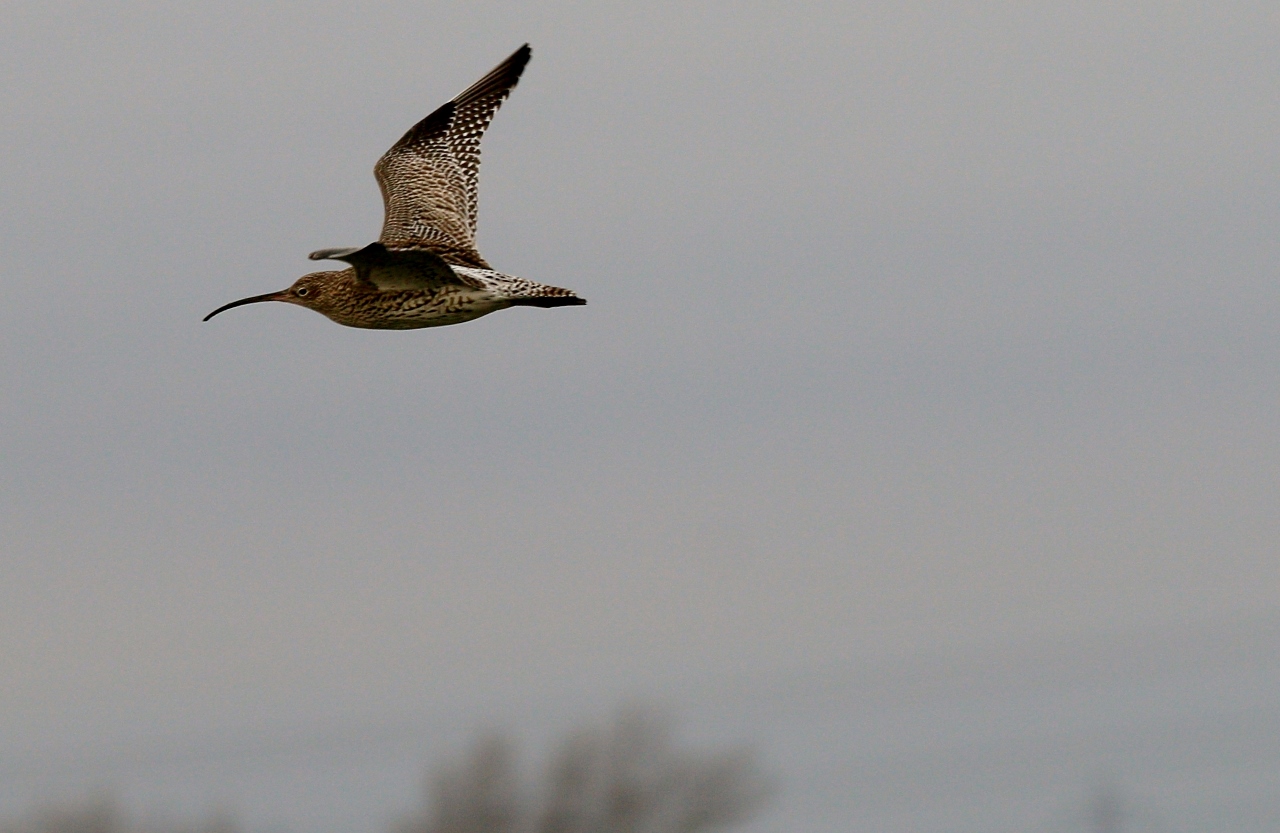
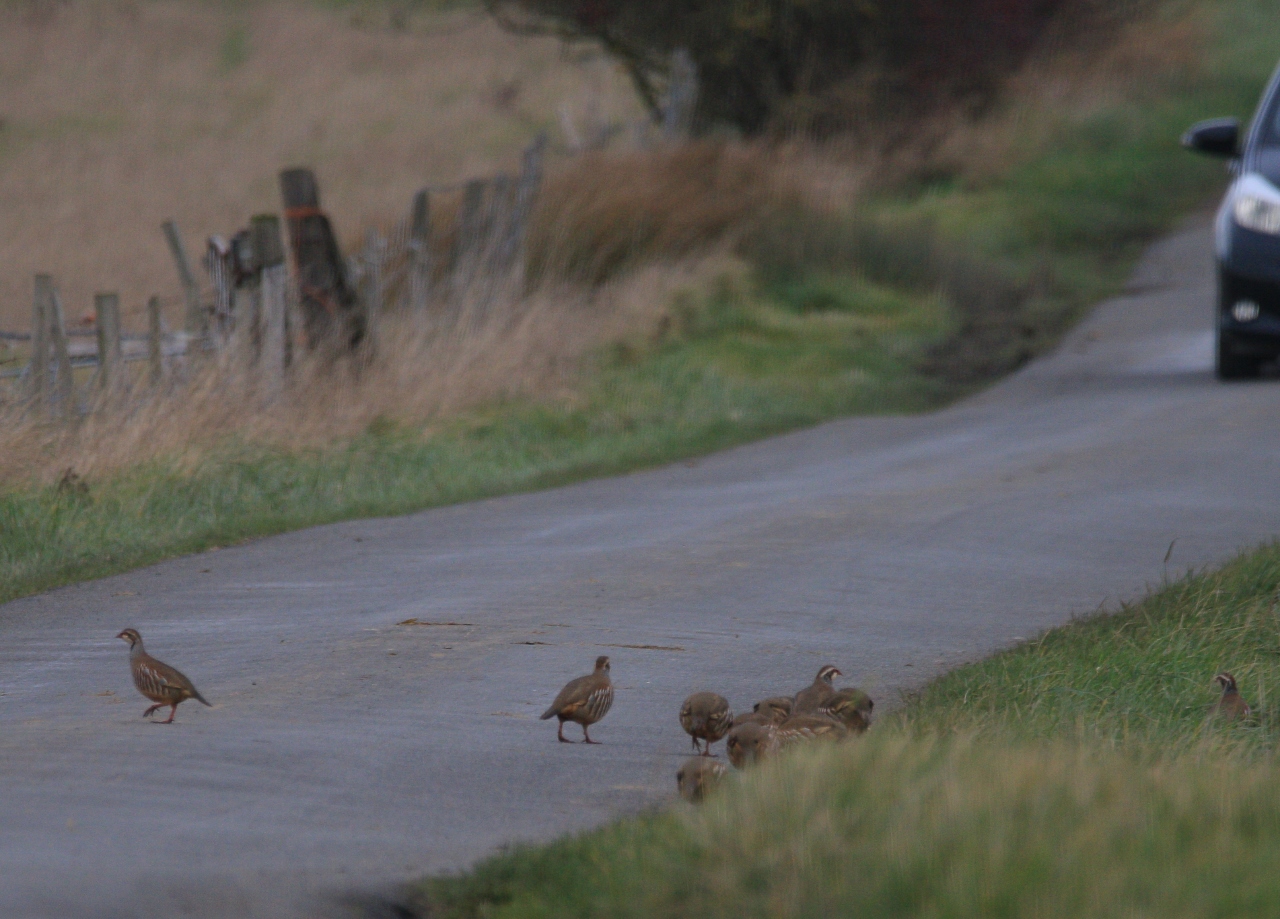
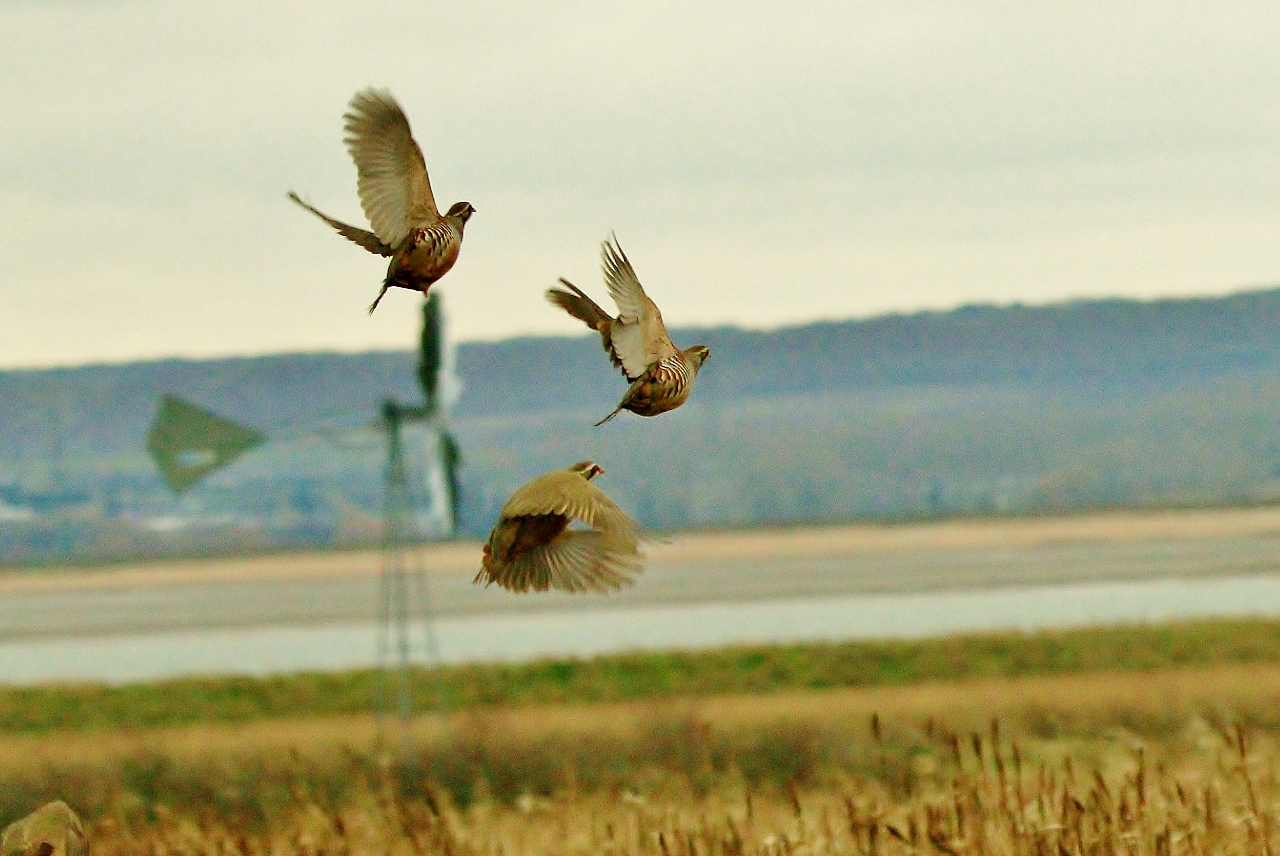
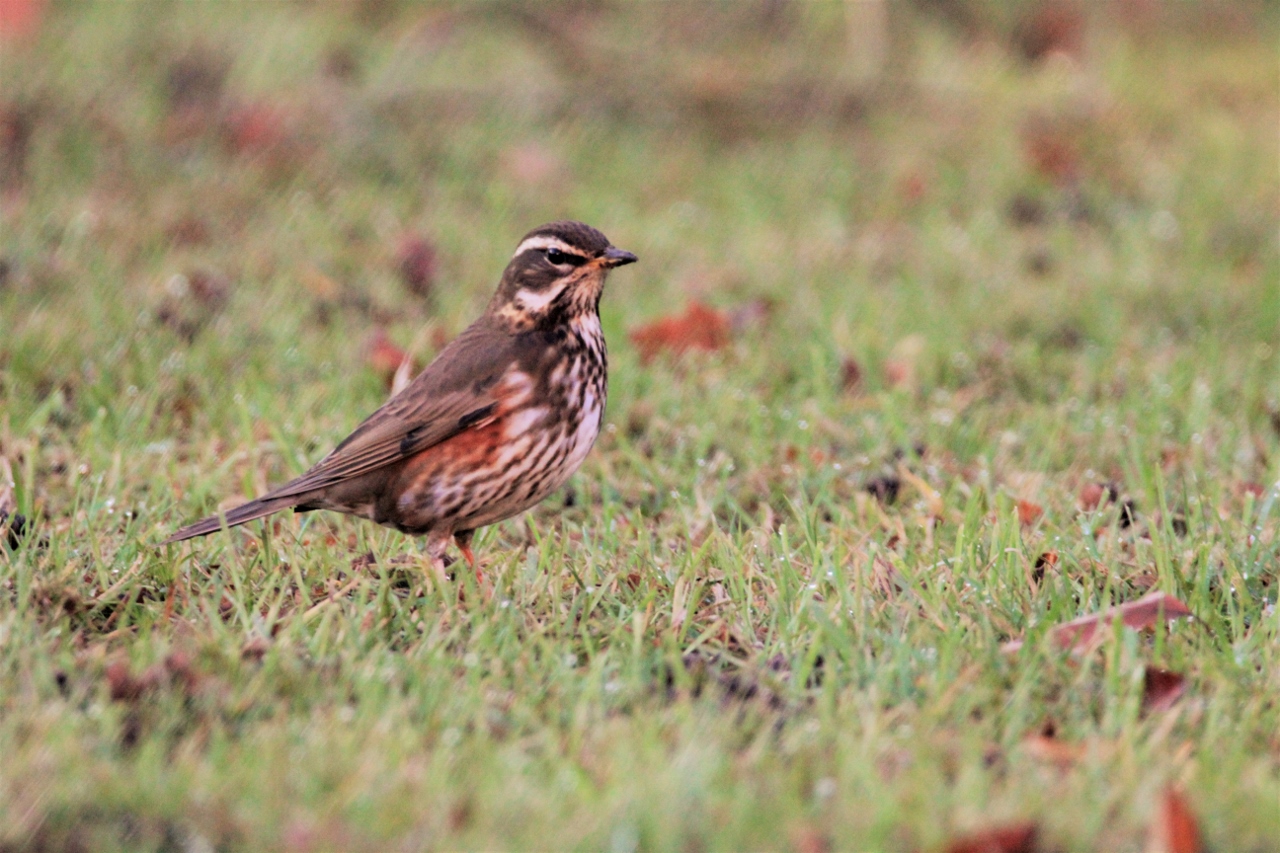
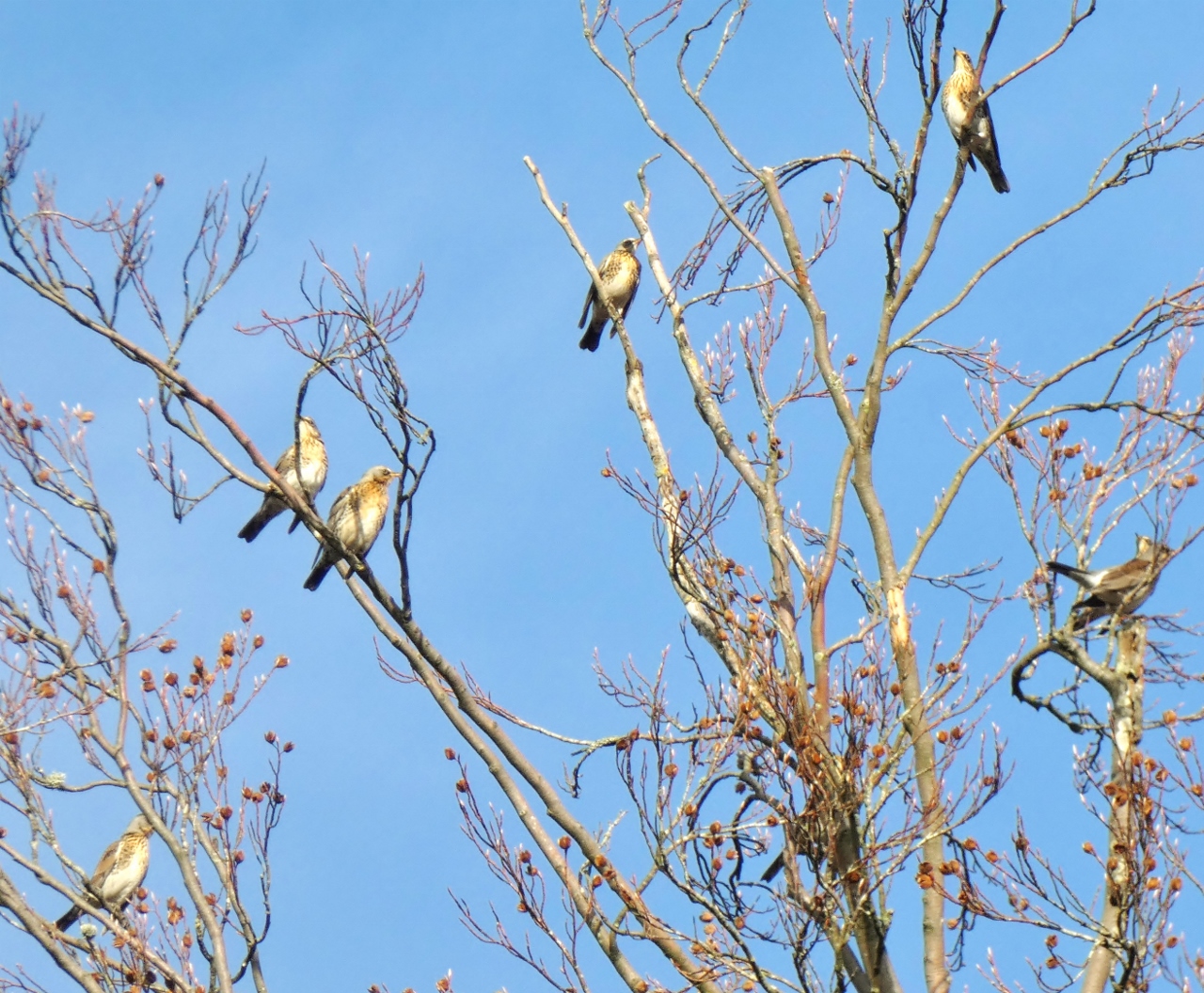
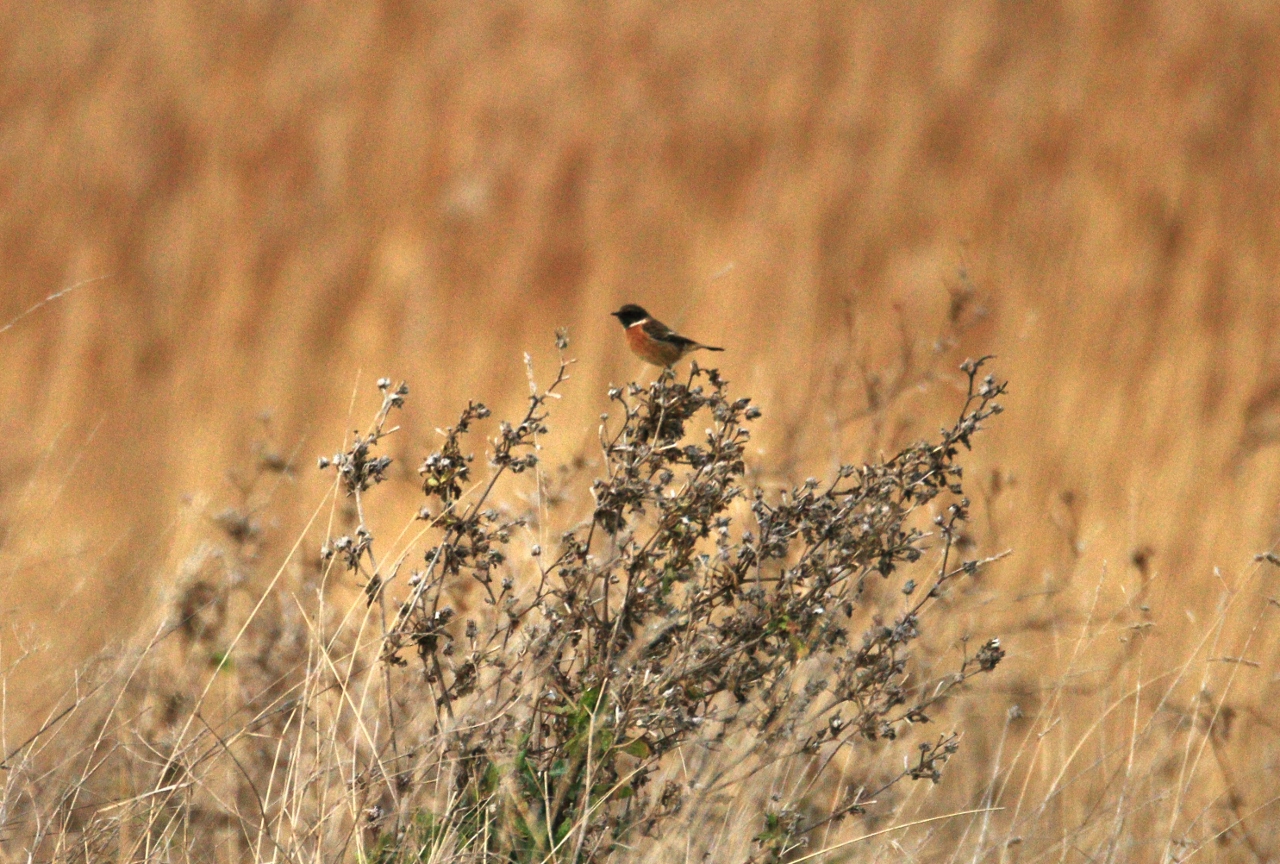
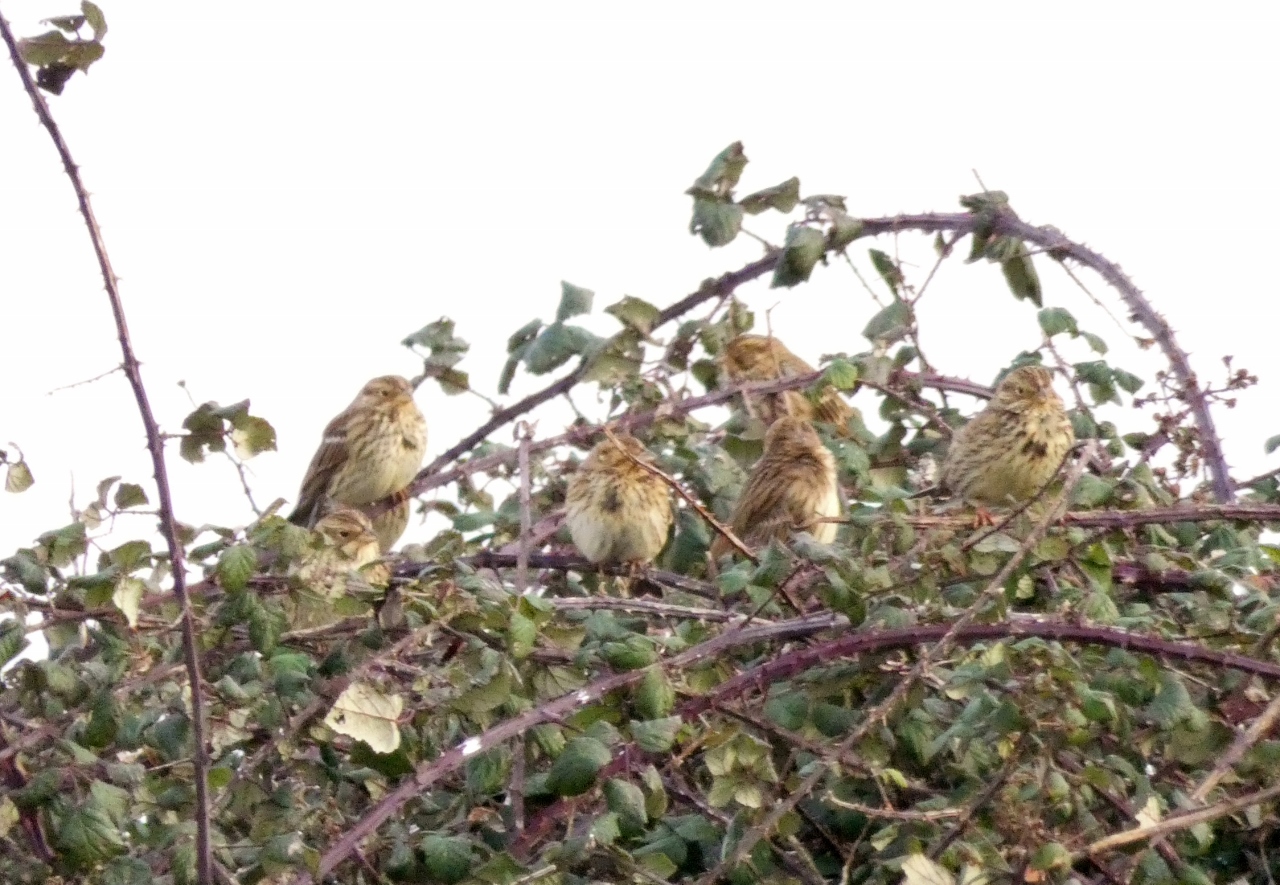
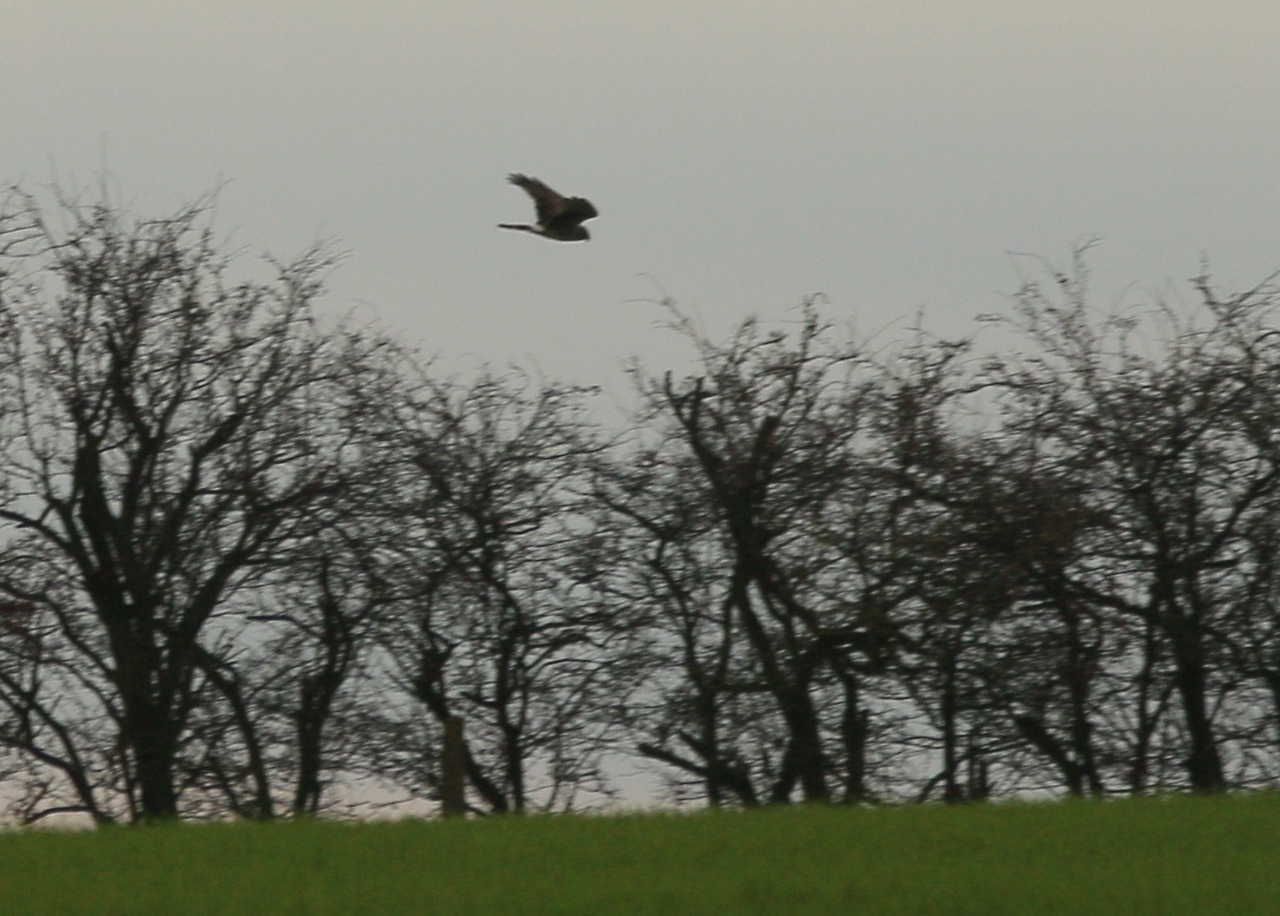
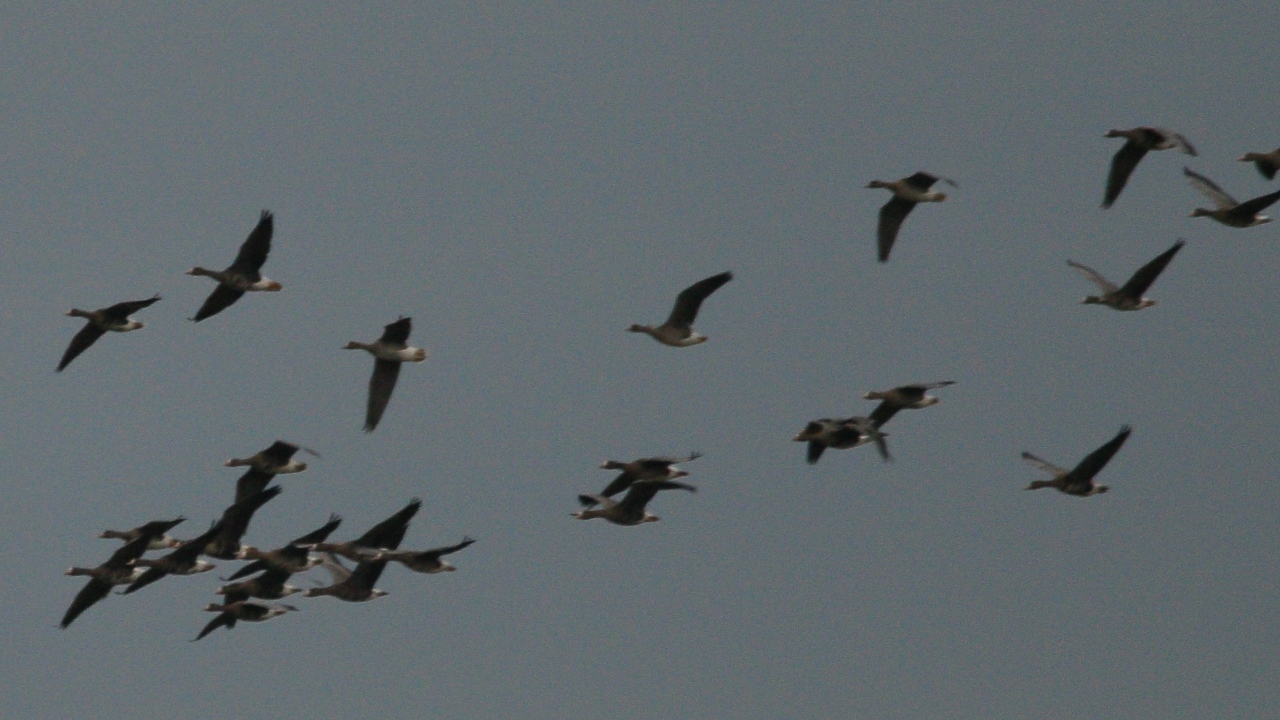



Recent Comments